Africa is a part of the world I dream of exploring more. My travels have taken me north to Morocco and south to South Africa; but there’s so much more I’d love to discover in-between. This list of books set in Africa is a literary trip through the continent, bringing this part of the world to life and most certainly inspiring some wanderlust!
This list of books set in Africa includes 54 titles, each relating to a different country. The books are tied to the countries in a number of ways; they can be set there, have characters from there, reflect the culture or be penned by local authors. There is a mixture of fiction and memoirs, written by nationals and expats, that span topics such as colonial rule, conflict and migration alike. There are modern classics and some lesser known hidden gems too. 💎
The selections aim to cover a diverse range of literature that captures a broad view of the continent. One of my favorite authors, Nigerian novelist Chimamanda Adichie touches on this in her TED Talk The Danger of A Single Story (which I highly recommend!) She warns that if we hear only a single story about a place, we risk a critical misunderstanding. This reading list aspires to capture the diversity of the region from a multitude of perspectives.
I hope you enjoy these books set in Africa; and enjoy traveling across the continent through literature. If you have any recommendations for books that I’ve missed, please let me know your thoughts in the comments below! 🌍
Please note: This post contains affiliate links. For more information, see my disclosures here.
Books Set In Africa: My Favorites
If you’re short on time, these are some of my personal highlights for books set in Africa:
- Half of A Yellow Sun by Chimamanda Ngozi Adichie, Nigeria
- Homegoing by Yaa Gyasi, Ghana
- Cutting for Stone by Abraham Verghese, Ethiopia
- We Need New Names by NoViolet Bulawayo, Zimbabwe
- Out of Africa by Karen Blixen/Isak Dinesen, Kenya
Want two of these Books Set in Africa for free?
- Try Amazon Audible free for 30 days and get 2 free audiobooks which you can play on loads of devices. Ideal for listening while gazing out the window. Best of all, you can cancel at any time and you can keep your books forever!
Books Set In Africa: Overview
This is an overview of the titles (and their gorgeous covers!) selected for each country. There’s more detail on each book further below, along with links to download these titles as a printable checklist.
Books Set In Africa
1. Algeria
The Stranger by Albert Camus
When a young Algerian named Meursault kills a man, his subsequent imprisonment and trial are puzzling and absurd. The apparently amoral Meursault, who puts little stock in ideas like love and God, seems to be on trial less for his murderous actions, and more for what the authorities believe is his deficient character.
2. Angola
A General Theory of Oblivion by José Eduardo Agualusa
On the eve of Angolan independence an agoraphobic woman named Ludo bricks herself into her apartment for 30 years, living off vegetables and the pigeons she lures in with diamonds, burning her furniture and books to stay alive and writing her story on the apartment’s walls. Almost as if we’re eavesdropping, the history of Angola unfolds through the stories of those she sees from her window. As the country goes through various political upheavals from colony to socialist republic to civil war to peace and capitalism, the world outside seeps into Ludo’s life through snippets on the radio, voices from next door, glimpses of someone peeing on a balcony, or a man fleeing his pursuers.
3. Benin
The Viceroy of Ouidah by Bruce Chatwin
In 1812, Francisco Manoel da Silva, escaping a life of poverty in Brazil, sailed to the African kingdom of Dahomey, determined to make his fortune in the slave trade. Armed with nothing but an iron will, he became a man of substance in Ouidah and the founder of a remarkable dynasty. His one remaining ambition is to return to Brazil in triumph, but his friendship with the mad, mercurial king of Dahomey is fraught with danger and threatens his dream.
4. Botswana
The No 1 Ladies Detective Agency by Alexander McCall Smith
Precious Ramotswe has only just set up shop as Botswana’s No.1 (and only) lady detective when she is hired to track down a missing husband, uncover a con man, and follow a wayward daughter. However, the case that tugs at her heart, and lands her in danger, is a missing eleven-year-old boy, who may have been snatched by witch doctors.
5. Burkina Faso
Of Water and the Spirit: Ritual, Magic, and Initiation in the Life of an African Shaman by Malidoma Patrice Some
Maliodoma Patrice Some was born in a Dagara Village, however he was soon to be abducted to a Jesuit school, where he remained for the next fifteen years, being harshly indoctrinated into european ways of thought and worship. The story tells of his return to his people, his hard initiation back into those people, which lead to his desire to convey their knowledge to the world. Of Water and the Spirit is the result of that desire; it is a sharing of living African traditions, offered in compassion for those struggling with our contemporary crisis of the spirit.
6. Burundi
Strength in What Remains by Tracy Kidder
Deo arrives in America from Burundi in search of a new life. Having survived a civil war and genocide, plagued by horrific dreams, he lands at JFK airport with two hundred dollars, no English, and no contacts. He ekes out a precarious existence delivering groceries, living in Central Park, and learning English by reading dictionaries in bookstores. Then Deo begins to meet the strangers who will change his life, pointing him eventually in the direction of Columbia University, medical school, and a life devoted to healing. Kidder breaks new ground in telling this unforgettable story as he travels with Deo back over a turbulent life in search of meaning and forgiveness.
7. Cameroon
Overloaded Ark by Gerald Durrell
The debut book by British naturalist Gerald Durrell. It is the chronicle of a six months collecting trip to the West African colony of British Cameroon (now Cameroon) that Durrell made with the highly regarded aviculturist and ornithologist John Yealland. Their reasons for going on the trip were twofold: “to collect and bring back alive some of the fascinating animals, birds, and reptiles that inhabit the region,” and secondly, for both men to realise a long cherished dream to see Africa.
8. Cape Verde
The Last Will & Testament of Senhor da Silva Araújo by Germano Almeida
Everyone in Cape Verde knows Señor da Silva. Successful entrepreneur, owner of the island’s first automobile, a most serious, upright, and self-made businessman, Señor da Silva is the local success story. Born an orphan, he never married, he never splurged; one good suit was good enough for him; and he never wandered from the straight and narrow. Or so everyone thought.
9. Central African Republic
Daba’s Travels from Ouadda to Bangui by Makombo Bambote
Daba was born in Ouadda, in what is now the Central African Republic. His mother often told him about the terrible dry season that year, when elephants, buffaloes and antelopes stampeded through the countryside in a frenzied search for water. Even panthers stalked the bush around the village, often carrying innocent sheep. Safe near his parents’ hut, Daba listened to the story time and time again. And as he grew, loved and protected, there grew in him a strength of spirit and a deep love for his native village. But Daba was not destined to live his live in Ouadda.
10. Chad
The Roots of Heaven by Romain Gary
In 1956 this book exploded into the world. A huge bestseller in France, it won the country’s most prestigious award, the Prix Goncourt. In the US it was an immediate bestseller, and the basis of a spectacular movie. Why? Gary was hardly a household name. French novels were rarely a popular success. But the subject – the deliberate and relentless hunting and killing of elephants for their ivory – and the characters he depicted were vivid and unforgettable.
11. Comoros
A Fish Caught in Time by Samantha Weinberg
The coelacanth (see-lo-canth) is no ordinary fish. Five feet long, with luminescent eyes and limb like fins, this bizarre creature, presumed to be extinct, was discovered in 1938 by an amateur icthyologist who recognized it from fossils dating back 400 million years. The discovery was immediately dubbed the “greatest scientific find of the century,” but the excitement that ensued was even more incredible. This is the entrancing story of that most rare and precious fish – our own great-uncle forty million times removed.
12. Democratic Republic of Congo
The Poisonwood Bible by Barbara Kingsolver
The Poisonwood Bible is a story told by the wife and four daughters of Nathan Price, a fierce, evangelical Baptist who takes his family and mission to the Belgian Congo in 1959. They carry with them everything they believe they will need from home, but soon find that all of it – from garden seeds to Scripture – is calamitously transformed on African soil. What follows is a suspenseful epic of one family’s tragic undoing and remarkable reconstruction over the course of three decades in postcolonial Africa.
13. Republic of Congo
Brazzaville Beach by William Boyd
In the heart of a civil war-torn African nation, primate researcher Hope Clearwater made a shocking discovery about apes and man… Young, alone, and far from her family in Britain, Hope Clearwater contemplates the extraordinary events that left her washed up like driftwood on Brazzaville Beach. It is here, on the distant, lonely outskirts of Africa, where she must come to terms with the perplexing and troubling circumstances of her recent past. For Hope is a survivor of the devastating cruelities of apes and humans alike. And to move forward, she must first grasp some hard and elusive truths: about marriage and madness, about the greed and savagery of charlatan science… and about what compels seemingly benign creatures to kill for pleasure alone.
14. Djibouti
In the United States of Africa by Abdourahman A. Waberi
In a literary reversal as deadly serious as it is wickedly satiric, this novel by the acclaimed French-speaking African writer Abdourahman A. Waberi turns the fortunes of the world upside down. On this reimagined globe a stream of sorry humanity flows from the West, from the slums of America and the squalor of Europe, to escape poverty and desperation in the prosperous United States of Africa. It is in this world that an African doctor on a humanitarian mission to France adopts a child. Now a young artist, this girl, Malaïka, travels to the troubled land of her birth in hope of finding her mother—and perhaps something of her lost self. Her search, at times funny and strange, is also deeply poignant, reminding us at every moment of the turns of fate we call truth.
15. Egypt
Palace Walk by Naguib Mahfouz
Palace Walk is the first novel in Nobel Prize-winner Naguib Mahfouz’s magnificent Cairo Trilogy, an epic family saga of colonial Egypt that is considered his masterwork. The novels of the Cairo Trilogy trace three generations of the family of tyrannical patriarch al-Sayyid Ahmad Abd al-Jawad, who rules his household with a strict hand while living a secret life of self-indulgence. Palace Walk introduces us to his gentle, oppressed wife, Amina, his cloistered daughters, Aisha and Khadija, and his three sons—the tragic and idealistic Fahmy, the dissolute hedonist Yasin, and the soul-searching intellectual Kamal. The family’s trials mirror those of their turbulent country during the years spanning the two world wars, as change comes to a society that has resisted it for centuries.
16. Equatorial Guinea
By Night the Mountain Burns by Juan Tomás Ávila Laurel
By Night The Mountain Burns recounts the narrator’s childhood on a remote island off the West African coast, living with his mysterious grandfather, several mothers and no fathers. We learn of a dark chapter in the island’s history: a bush fire destroys the crops, then hundreds perish in a cholera outbreak. Superstition dominates: now the islanders must sacrifice their possessions to the enraged ocean god. What of their lives will they manage to save?
17. Eritrea
My Fathers’ Daughter by Hannah Pool
In 1974 Hannah Pool was adopted from an orphanage in Eritrea and brought to England by her white adoptive father. She grew up unable to imagine what it must be like to look into the eyes of a blood relative until one day a letter arrived from a brother she never knew she had. Not knowing what to do with the letter, Hannah hid it away. But she was unable to forget it, and ten years later she finally decided to track down her surviving Eritrean family and embarked upon a journey that would take her far from the comfort zone of her metropolitan lifestyle to confront the poverty and oppression of a life that could so easily have been her own.
18. Eswatini (Swaziland)
Scared: A Novel On the Edge of the World by Tom Davis
Stuart Daniels has hit bottom. Once a celebrated and award-winning photojournalist, he is reeling from debt, a broken marriage, and crippling depression. The source of Stuart’s grief is his most famous photo, a snapshot of brutality in the dangerous Congo. A haunting image that indicts him as a passive witness to gross injustice. Stuart is given a one last chance to redeem his career: A make-or-break assignment covering the AIDS crisis in a small African country. It is here that Stuart meets Adanna, a young orphan fighting for survival in a community ravaged by tragedy and disease. But in the face of overwhelming odds, Adanna finds hope in a special dream, where she is visited by an illuminated man and given a precious gift.
19. Ethiopia
Cutting for Stone by Abraham Verghese
Marion and Shiva Stone are twin brothers born of a secret union between a beautiful Indian nun and a brash British surgeon at a mission hospital in Addis Ababa. Orphaned by their mother’s death in childbirth and their father’s disappearance, bound together by a preternatural connection and a shared fascination with medicine, the twins come of age as Ethiopia hovers on the brink of revolution. Yet it will be love, not politics—their passion for the same woman—that will tear them apart and force Marion, fresh out of medical school, to flee his homeland. He makes his way to America, finding refuge in his work as an intern at an underfunded, overcrowded New York City hospital. When the past catches up to him—nearly destroying him—Marion must entrust his life to the two men he thought he trusted least in the world: the surgeon father who abandoned him and the brother who betrayed him.
20. Gabon
Mema by Daniel M. Mengara
Mema’s sharp tongue and apparent barrenness makes her a target for dislike and disapproval in her village. When she finally succeeds in having four children, her husband dies in a witchdoctor’s haven, followed by her daughters. Her in-laws accuse her of being a wicked witch who sacrificed her husband and children to the dark forces. In spite of this Mema’s strength and courage cause her to fight for her sons and her family’s rights. In this story of a practical African society her actions owe nothing to Western feminism and the theme of struggle against colonialism is left behind in favour of a struggle between new and old values. The author demonstrates that a story relating the impact of psychological and social forces on Africans can also focus mainly on conflicts within African society.
21. The Gambia
Reading the Ceiling by Dayo Forster
Ayodele has just turned eighteen and has decided, having now reached womanhood, that the time is right to lose her virginity. She’s drawn up a shortlist: Reuben, the fail safe; a long-admired school friend; abd Frederick Adams, the 42-year-old, soon-to-be-pot-bellied father of her best friend. What she doesn’t know is that her choice of suitor will have a drastic effect on the rest of her life. Three men. Three paths.
22. Ghana
Homegoing by Yaa Gyasi
Two half-sisters, Effia and Esi, are born into different villages in eighteenth-century Ghana. Effia is married off to an Englishman and lives in comfort in the palatial rooms of Cape Coast Castle. Unbeknownst to Effia, her sister, Esi, is imprisoned beneath her in the castle’s dungeons, sold with thousands of others into the Gold Coast’s booming slave trade, and shipped off to America, where her children and grandchildren will be raised in slavery. One thread of Homegoing follows Effia’s descendants through centuries of warfare in Ghana, as the Fante and Asante nations wrestle with the slave trade and British colonization. The other thread follows Esi and her children into America. From the plantations of the South to the Civil War and the Great Migration, from the coal mines of Pratt City, Alabama, to the jazz clubs and dope houses of twentieth-century Harlem, right up through the present day, Homegoing makes history visceral, and captures, with singular and stunning immediacy, how the memory of captivity came to be inscribed in the soul of a nation.
23. Guinea
The Dark Child by Camara Laye
The Dark Child is a distinct and graceful memoir of Camara Laye’s youth in the village of Koroussa, French Guinea. Long regarded Africa’s preeminent Francophone novelist, Laye herein marvels over his mother’s supernatural powers, his father’s distinction as the village goldsmith, and his own passage into manhood, which is marked by animistic beliefs and bloody rituals of primeval origin. Eventually, he must choose between this unique place and the academic success that lures him to distant cities. More than autobiography of one boy, this is the universal story of sacred traditions struggling against the encroachment of a modern world. A passionate and deeply affecting record, The Dark Child is a classic of African literature.
24. Guinea-Bissau
The Ultimate Tragedy by Abdulai Sila
The first novel to be translated into English from Guinea Bissau. Ndani leaves her village to seek a better life in the capital, finding work as a maid for a Portuguese family. The mistress of the house, Dona Deolinda, embarks on a mission to save Ndani’s soul through religious teaching, but the master of the house has less righteous intentions. Ndani is expelled from the house and drifts towards home, where she becomes the wife of a village chief. He has built a mansion and a school to flaunt his power to the local Portuguese administrator, but he abandons Ndani when he finds she’s not a virgin. She eventually finds love with the school’s teacher, but in tumultuous times, making a future with an educated black man involves a series of hurdles.
25. Ivory Coast
The Bitter Side of Sweet by Tara Sullivan
Two young boys must escape a life of slavery in modern-day Ivory Coast. Fifteen-year-old Amadou counts the things that matter. For two years what has mattered are the number of cacao pods he and his younger brother, Seydou, can chop down in a day. This number is very important. The higher the number the safer they are because the bosses won’t beat them. The higher the number the closer they are to paying off their debt and returning home to Baba and Auntie. Maybe. The problem is Amadou doesn’t know how much he and Seydou owe, and the bosses won’t tell him. The boys only wanted to make some money during the dry season to help their impoverished family. Instead they were tricked into forced labor on a plantation in the Ivory Coast; they spend day after day living on little food and harvesting beans in the hot sun—dangerous, backbreaking work. With no hope of escape, all they can do is try their best to stay alive—until Khadija comes into their lives.
26. Kenya
Out of Africa by Karen Blixen (Isak Dinesen)
Out of Africa is Isak Dinesen’s memoir of her years in Africa, from 1914 to 1931, on a four-thousand-acre coffee plantation in the hills near Nairobi. She had come to Kenya from Denmark with her husband, and when they separated she stayed on to manage the farm by herself, visited frequently by her lover, the big-game hunter Denys Finch-Hatton, for whom she would make up stories “like Scheherazade.” In Africa, “I learned how to tell tales,” she recalled many years later. “The natives have an ear still. I told stories constantly to them, all kinds.” Her account of her African adventures, written after she had lost her beloved farm and returned to Denmark, is that of a master storyteller, a woman whom John Updike called “one of the most picturesque and flamboyant literary personalities of the century.”
27. Lesotho
Little Suns by Zakes Mda
It is 1903. A lame and frail Malangana – ‘Little Suns’ – searches for his beloved Mthwakazi after many lonely years spent in Lesotho. Mthwakazi was the young woman he had fallen in love with twenty years earlier, before the assassination of Hamilton Hope ripped the two of them apart. Intertwined with Malangana’s story, is the account of Hope – a colonial magistrate who, in the late nineteenth century, was undermining the local kingdoms of the eastern Cape in order to bring them under the control of the British. It was he who wanted to coerce Malangana’s king and his people, the AmaMpondomise, into joining his battle – a scheme Malangana’s conscience could not allow.
28. Liberia
She Would Be King by Wayetu Moore
A novel of exhilarating range, magical realism, and history—a dazzling retelling of Liberia’s formation. Wayétu Moore’s powerful debut novel, She Would Be King, reimagines the dramatic story of Liberia’s early years through three unforgettable characters who share an uncommon bond. Gbessa, exiled from the West African village of Lai, is starved, bitten by a viper, and left for dead, but still she survives. June Dey, raised on a plantation in Virginia, hides his unusual strength until a confrontation with the overseer forces him to flee. Norman Aragon, the child of a white British colonizer and a Maroon slave from Jamaica, can fade from sight when the earth calls him. When the three meet in the settlement of Monrovia, their gifts help them salvage the tense relationship between the African American settlers and the indigenous tribes, as a new nation forms around them.
29. Libya
In the Country of Men by Hisham Matar
Libya, 1979. Nine-year-old Suleiman’s days are circumscribed by the narrow rituals of childhood: outings to the ruins surrounding Tripoli, games with friends played under the burning sun, exotic gifts from his father’s constant business trips abroad. But his nights have come to revolve around his mother’s increasingly disturbing bedside stories full of old family bitterness. And then one day Suleiman sees his father across the square of a busy marketplace, his face wrapped in a pair of dark sunglasses. Wasn’t he supposed to be away on business yet again? Why is he going into that strange building with the green shutters? Why did he lie?
30. Madagascar
Beyond the Rice Fields by Naivo
The first novel from Madagascar ever to be translated into English, Naivo’s magisterial Beyond the Rice Fields delves into the upheavals of the nation’s past as it confronted Christianity and modernity, through the twin narratives of a slave and his master’s daughter. Fara and her father’s slave, Tsito, have been close since her father bought the boy after his forest village was destroyed. Now in Sahasoa, amongst the cattle and rice fields, everything is new for Tsito, and Fara at last has a companion. But as Tsito looks forward to the bright promise of freedom and Fara, backward to a dark, long-denied family history, a rift opens between them just as British Christian missionaries and French industrialists arrive and violence erupts across the country. Love and innocence fall away, and Tsito and Fara’s world becomes enveloped by tyranny, superstition, and fear.
31. Malawi
The Boy Who Harnessed the Wind: Creating Currents of Electricity and Hope by William Kamkwamba
William Kamkwamba was born in Malawi, a country where magic ruled and modern science was mystery. It was also a land withered by drought and hunger, and a place where hope and opportunity were hard to find. But William had read about windmills in a book called Using Energy, and he dreamed of building one that would bring electricity and water to his village and change his life and the lives of those around him. His neighbors may have mocked him and called him misala – crazy – but William was determined to show them what a little grit and ingenuity could do.
32. Mali
Monique and the Mango Rains: Two Years with a Midwife in Mali by Kris Holloway
Monique and the Mango Rains is the compelling story of a rare friendship between a young Peace Corps volunteer and a midwife who became a legend. Monique Dembele saved lives and dispensed hope in a place where childbirth is a life-and-death matter. This book tells of her unquenchable passion to better the lives of women and children in the face of poverty, unhappy marriages, and endless backbreaking work. Monique’s buoyant humor and willingness to defy tradition were uniquely hers. In the course of this deeply personal narrative, as readers immerse themselves in the rhythms of West African village life, they come to know Monique as friend, mother, and inspired woman.
33. Mauritania
Dangerous Love: A True Story of Tragedy, Faith, and Forgiveness in the Muslim World by Ray Norman
Ray Norman spent most of his life living in far-flung corners of the globe, working on long-term development projects and living out his calling as a Christian professional. By the time he arrived in the Islamic Republic of Mauritania around the turn of the millennium, he was veteran of life as an expat, at home in countries and cultures not his own. But in 2001, the world was about to change—and so was Ray’s life. In the aftermath of 9/11—a time when tensions between Muslim and Western culture were peaking—Ray and his daughter, Hannah, made the short drive from their home to the Mauritanian beach. But instead of spending the afternoon enjoying the waves and the water, father and daughter found themselves hurtling back to the city, each with a bullet-hole pumping blood into the floorboards of their jeep.
34. Mauritius
The Last Brother by Nathacha Appanah
In The Last Brother, 1944 is coming to a close and nine-year-old Raj is unaware of the war devastating the rest of the world. He lives in Mauritius, a remote island in the Indian Ocean, where survival is a daily struggle for his family. When a brutal beating lands Raj in the hospital of the prison camp where his father is a guard, he meets a mysterious boy his own age. David is a refugee, one of a group of Jewish exiles whose harrowing journey took them from Nazi occupied Europe to Palestine, where they were refused entry and sent on to indefinite detainment in Mauritius.
35. Morocco
The Sheltering Sky by Paul Bowles
Port and Kit Moresbury, a sophisticated American couple, are finding it more than a little difficult to live with each other. Endeavoring to escape this predicament, they set off for North Africa intending to travel through Algeria – uncertain of exactly where they are heading, but determined to leave the modern world behind. The results of this casually taken decision are both tragic and compelling.
36. Mozambique
Sleepwalking Land (Terra Sonâmbula) by Mia Couto
As the civil war rages in 1980s Mozambique, an old man and a young boy, refugees from the war, seek shelter in a burnt-out bus. Among the effects of a dead passenger, they come across a set of notebooks that tell of his life. As the boy reads the story to his elderly companion, this story and their own develop in tandem. Written in 1992, Mia Couto’s first novel is a powerful indictment of the suffering war brings.
37. Namibia
The Second Coming of Mavala Shikongo by Peter Orner
When Mavala Shikongo deserted them, the teachers at the boys’ school in Goas weren’t surprised. How could they be? She was too beautiful, too powerful, and too mysterious for their tiny, remote, and arid world. They knew only one essential fact about their departed colleague: she was a combat veteran of Namibia’s brutal war for independence. When Mavala returns to Goas with a baby son, all are awed by her boldness. The teachers try hard, once again, not to fall in love with her. They fail, immediately and miserably, especially the American volunteer, Larry Kaplanski.
38. Niger
Harmattan by Gavin Weston
Harmattan (from an Arabic word meaning destructive wind ) tells the story of Haoua, a young girl growing up in a remote village in the Republic of Niger. Spirited independent and intelligent, Haoua has benefitted from a stable home life and a loving and attentive mother. She enjoys working and playing with her siblings and friends. Haoua worships her elder brother, Abdelkrim, a serving soldier who sends money home to support the family. But, on his last home visit, Abdelkrim quarrels with their father accusing him of gambling away the money he sends and being the cause of their mother s worsening health. It also emerges that their father plans to take a second wife.
39. Nigeria
Half of A Yellow Sun by Chimamanda Ngozi Adichie
With astonishing empathy and the effortless grace of a natural storyteller, Chimamanda Ngozi Adichie weaves together the lives of three characters swept up in the turbulence of the decade. Thirteen-year-old Ugwu is employed as a houseboy for a university professor full of revolutionary zeal. Olanna is the professor’s beautiful mistress, who has abandoned her life of privilege in Lagos for a dusty university town and the charisma of her new lover. And Richard is a shy young Englishman in thrall to Olanna’s twin sister, an enigmatic figure who refuses to belong to anyone. As Nigerian troops advance and the three must run for their lives, their ideals are severely tested, as are their loyalties to one another.
40. Rwanda
A Sunday At The Pool In Kigali by Gil Courtemanche
The swimming pool of the Mille-Collines hotel, Kigali, in the early 1990s, draws a regular crowd of assorted aid workers, strutting Rwandan officials, Belgian businessmen, French paratroops and Canadian expats. Among them is Bernard Valcourt, a documentary filmmaker from Quebec, on a mission to set up a television station in the capital. Valcourt, who for two decades has earned his living from wars and famines, lingers around the pool drinking warm beer and watching football; but most of all, watching Gentille, a beautiful young waitress, who is a Hutu but often mistaken for a Tutsi because of her family’s strange history. The trouble coming stems from a long conflict, instigated in colonial times by Whites who treated Tutsis as superior to Hutus. The Hutu government is now openly encouraging violence against Tutsis. The physical traits of the Tutsis make them easy prey, but they are not the only ones in danger.
41. Sao Tome and Principe
Equator by Miguel Sousa Tavares
It is 1905 and Luis Bernardo Valenca, a thirty-seven-year-old bachelor and owner of a small shipping company, is revelling in Lisbon’s luxurious high society. But his life is turned upside down when King Dom Carlos invites him to become governor of Portugal’s smallest colony, the island of São Tomé e Principe. Luis Bernardo is ill-prepared for the challenges of plantation life – used to a softer urban existence, he is shocked by the conditions under which the workers labour. But with the English closing in on São Tomé’s cocoa plantations, the island’s main means of survival, Luis Bernardo must endeavour to protect the island and its community.
42. Senegal
God’s Bits of Wood by Ousmane Sembène
In 1947-48 the workers on the Dakar-Niger railway staged a strike. In this vivid, timeless novel, Sembene Ousmane envinces the color, passion, and tragedy of those formative years in the history of West Africa.
43. Seychelles
Brothers of the Sea by D.R. Sherman
Story of a teenage boy and a dolphin set against the background of the Seychelles. In this tropical island “paradise” the boy Paul and his father live in imminent danger of eviction and starvation. When in an extraordinary underwater adventure the boy meets a dolphin, he discovers that the fortunes of his father, his girl friend and himself now all depend on his beloved “brother of the sea”.
44. Sierra Leone
The Memory of Love by Aminatta Forna
In contemporary Sierra Leone, a devastating civil war has left an entire populace with secrets to keep. In the capital hospital, a gifted young surgeon is plagued by demons that are beginning to threaten his livelihood. Elsewhere in the hospital lies a dying man who was young during the country’s turbulent postcolonial years and has stories to tell that are far from heroic. As past and present intersect in the buzzing city, these men are drawn unwittingly closer by a British psychologist with good intentions, and into the path of one woman at the center of their stories.
45. Somalia
Black Mamba Boy by Nadifa Mohamed
Aden, Yemen, 1935; a city vibrant, alive, and full of hidden dangers. And home to Jama, a ten year-old boy. But then his mother dies unexpectedly and he finds himself alone in the world. Jama is forced home to his native Somalia, the land of his nomadic ancestors. War is on the horizon and the fascist Italian forces who control parts of East Africa are preparing for battle. Yet Jama cannot rest until he discovers whether his father, who has been absent from his life since he was a baby, is alive somewhere. And so begins an epic journey which will take Jama north through Djibouti, war-torn Eritrea and Sudan, to Egypt. And from there, aboard a ship transporting Jewish refugees just released from German concentration camps, across the seas to Britain and freedom.
46. South Africa
Disgrace by J.M. Coetzee
Set in post-apartheid South Africa, J. M. Coetzee’s searing novel tells the story of David Lurie, a twice divorced, 52-year-old professor of communications and Romantic Poetry at Cape Technical University. Lurie believes he has created a comfortable, if somewhat passionless, life for himself. He lives within his financial and emotional means. Though his position at the university has been reduced, he teaches his classes dutifully; and while age has diminished his attractiveness, weekly visits to a prostitute satisfy his sexual needs. He considers himself happy. However, when Lurie seduces one of his students, he sets in motion a chain of events that will shatter his complacency and leave him utterly disgraced.
47. South Sudan
They Poured Fire on Us from the Sky: The True Story of Three Lost Boys from Sudan by Benson Deng, Alephonsion Deng and Benjamin Ajak
Benjamin, Alepho, and Benson were raised among the Dinka tribe of Sudan. Their world was an insulated, close-knit community of grass-roofed cottages, cattle herders, and tribal councils. The lions and pythons that prowled beyond the village fences were the greatest threat they knew. All that changed the night the government-armed Murahiliin began attacking their villages. Amid the chaos, screams, conflagration, and gunfire, 5-year-old Benson and 7-year-old Benjamin fled into the dark night. Two years later, Alepho, age 7, was forced to do the same. Across the Southern Sudan, over the next 5 years, thousands of other boys did likewise, joining this stream of child refugees that became known as the Lost Boys. Their journey would take them more than 1000 miles across a war-ravaged country, through landmine-sown paths, crocodile-infested waters, and grotesque extremes of hunger, thirst, and disease. The refugee camps they eventually filtered through offered little respite from the brutality they were fleeing.
48. Sudan
Lyrics Alley by Leila Aboulela
Lyrics Alley is the evocative story of an affluent Sudanese family shaken by the shifting powers in their country and the near-tragedy that threatens the legacy they’ve built for decades. Their fortune threatened by shifting powers in Sudan and their heir’s debilitating accident, a powerful family under the leadership of Mahmoud Bey is torn between the traditional and modern values of Mahmoud’s two wives and his son’s efforts to break with cultural limits.
49. Tanzania
The Magic of Saida by M. G. Vassanji
The Magic of Saida tells the haunting story of Kamal, a successful Canadian doctor who, in middle age and after decades in North America, decides to return to his homeland of East Africa to find his childhood sweetheart, Saida. Kamal’s journey is motivated by a combination of guilt, hope, and the desire to unravel the mysteries of his childhood–mysteries compounded by the fact that Kamal is the son of an absent Indian father from a well-to-do family and a Swahili African mother of slave ancestry. Through a series of flashbacks, we watch Kamal’s early years in the ancient coastal town of Kilwa, where he grows up in a world of poverty but also of poetry, sustained by his friendship with the magical Saida.
50. Togo
Do They Hear You When You Cry by Fauziya Kassindja
For Fauziya Kassindja, an idyllic childhood in Togo, West Africa, sheltered from the tribal practices of polygamy and genital mutilation, ended with her beloved father’s sudden death. Forced into an arranged marriage at age seventeen, Fauziya was told to prepare for kakia, the ritual also known as female genital mutilation. It is a ritual no woman can refuse. But Fauziya dared to try. This is her story–told in her own words–of fleeing Africa just hours before the ritual kakia was to take place, of seeking asylum in America only to be locked up in U.S. prisons, and of meeting Layli Miller Bashir, a law student who became Fauziya’s friend and advocate during her horrifying sixteen months behind bars.
51. Tunisia
The Pillar of Salt by Albert Memmi
The Pillar of Salt the semi-autobiographical novel about a young boy growing up in French colonized Tunisia. To gain access to privileged French society, he must reject his many identities – Jew, Arab, and African. But, on the eve of World War II, he is forced to come to terms with his loyalties and his past.
52. Uganda
Kintu by Jennifer Nansubuga Makumbi
Uganda’s history reimagined through the cursed bloodline of the Kintu clan in an award-winning debut. In 1750, Kintu Kidda unleashes a curse that will plague his family for generations. In this ambitious tale of a clan and of a nation, Makumbi weaves together the stories of Kintu’s descendants as they seek to break from the burden of their shared past and reconcile the inheritance of tradition and the modern world that is their future.
53. Zambia
Patchwork by Ellen Banda-Aaku
Lusaka, 1978. Pumpkin is nine years old. Her fashionable mother is the queen of Tudu Court, but underneath the veneer of respectability that her father’s money provides lies a secret that threatens their whole world – the tall, elegant Totela Ponga is a drunk. And when Pumpkin’s father – the wealthy businessman JS – discovers her mother’s alcoholism it sets in motion a chain of events that come to define the rest of her life. Weaving together the stories of three generations of women, this novel is a patchwork of love, jealousy and human frailty set against a backdrop of war and political ambition. It is a remarkable journey that takes us deep into the heart of a family both fractured and bound together by their love for one man.
54. Zimbabwe
We Need New Names by NoViolet Bulawayo
An exciting literary debut: the unflinching and powerful story of a young girl’s journey out of Zimbabwe and to America. Darling is only ten years old, and yet she must navigate a fragile and violent world. In Zimbabwe, Darling and her friends steal guavas, try to get the baby out of young Chipo’s belly, and grasp at memories of Before. Before their homes were destroyed by paramilitary policemen, before the school closed, before the fathers left for dangerous jobs abroad.
Bonus: Across Africa
Say You’re One of Them by Uwem Akpan
Uwem Akpan’s stunning stories humanize the perils of poverty and violence so piercingly that few readers will feel they’ve ever encountered Africa so immediately. These stories take the reader through Kenya, Rwanda, Nigeria, Benin, and Ethiopia, revealing in beautiful prose the harsh consequences for children of life in Africa.
What do you think of these books set in Africa?
Have some great books set in Africa that I’ve missed? Are you planning a trip soon? Have any tips for traveling around Africa? I’d love to hear more about your travels and tips for books set in Africa in the comments below!
Looking for more books set in Africa?
If you’re looking for more books set in Africa, check out these posts:
- Books Set In Morocco: Moroccan Novels
- Books Set In Nigeria: Nigerian Novels
- Books Set In South Africa: South African Novels
Special Offers for Book & Travel Lovers
These are just a few things I love using for reading and travel, which have special deals that I want to pass on to you! 🙌
- Try Amazon Prime free for 30 days and get access to the Prime Reading library and free shipping on thousands of books. This was responsible for a significant increase in my home library!
- Receive free AirBNB travel credit when you sign up for a new account. I love staying at AirBNB’s for an authentic and local experience when traveling.
- Try Amazon Audible free for 30 days and get 2 free audiobooks which you can play on loads of devices. Ideal for listening while gazing out the window. Best of all, you can cancel at any time and you can keep your books forever!

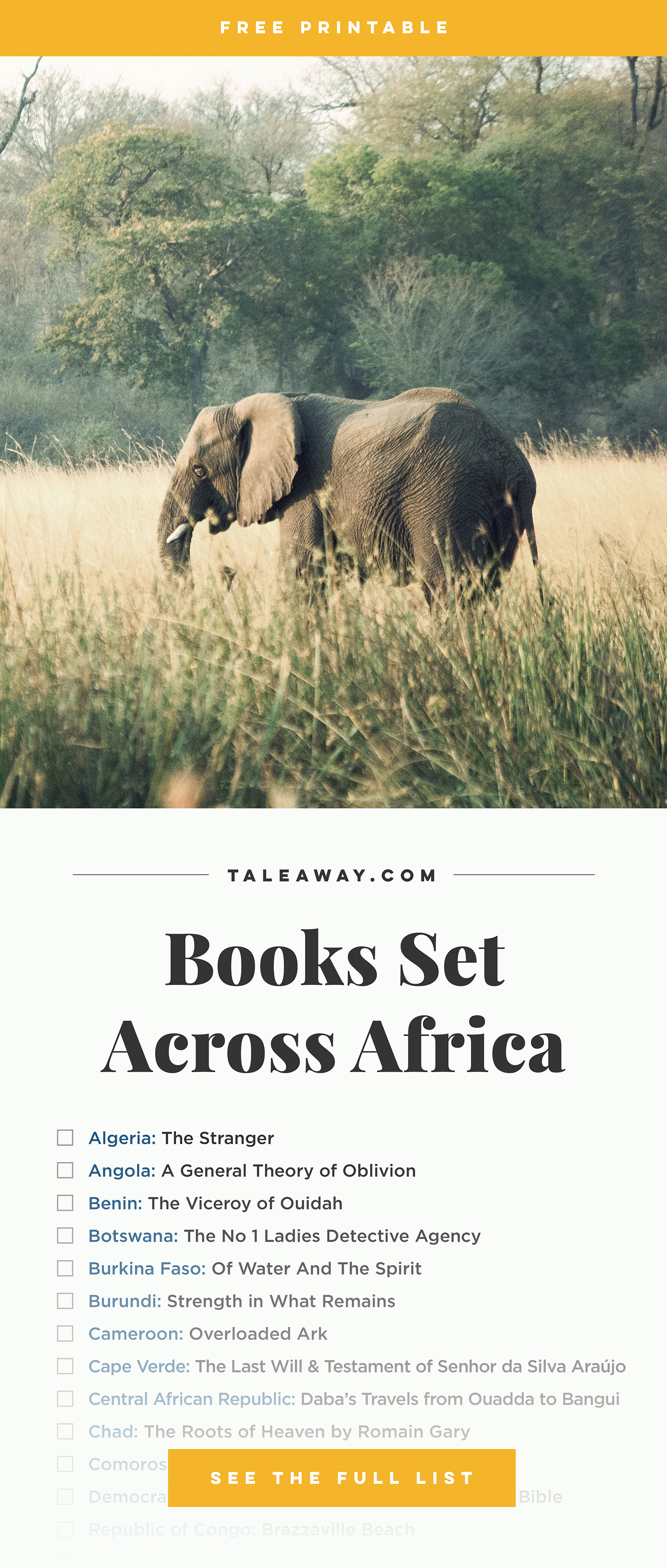

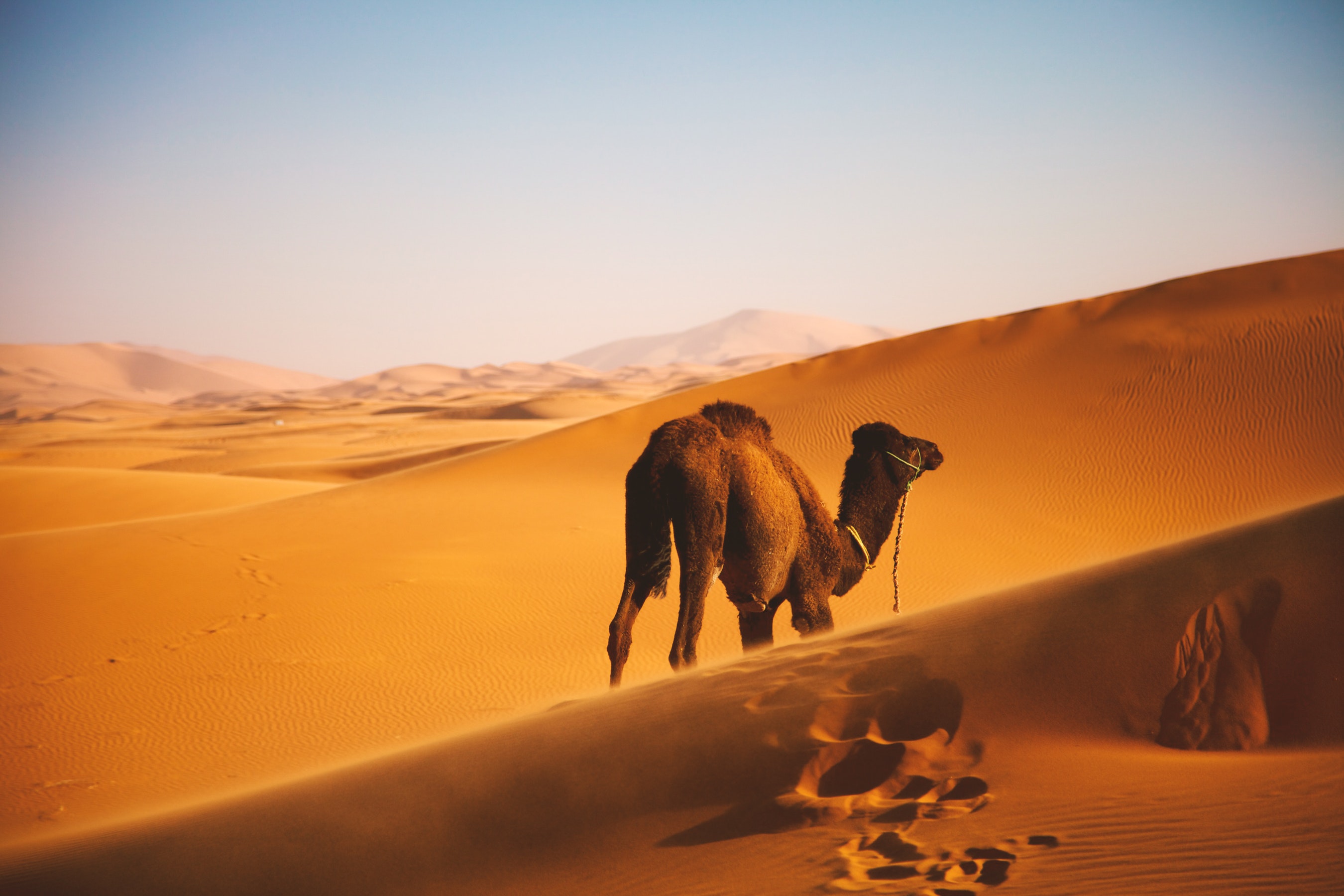

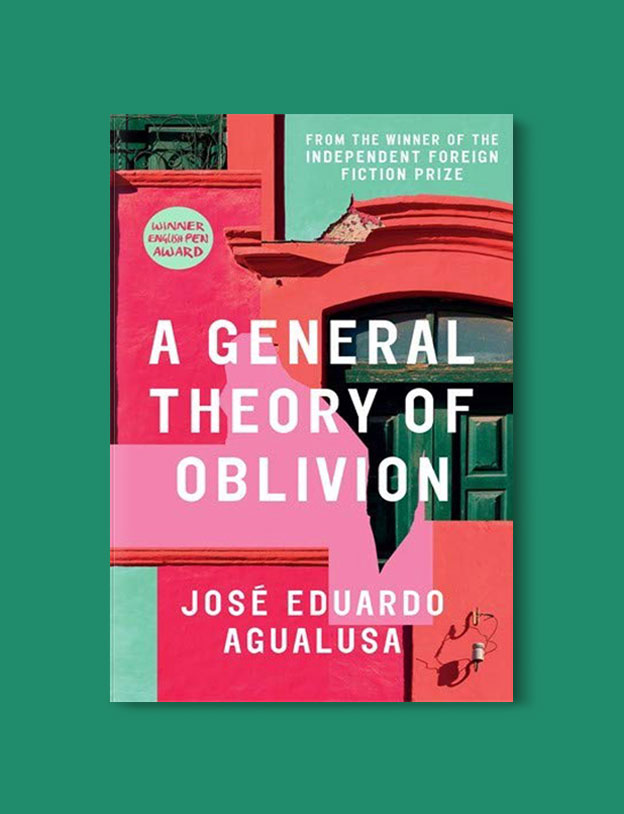
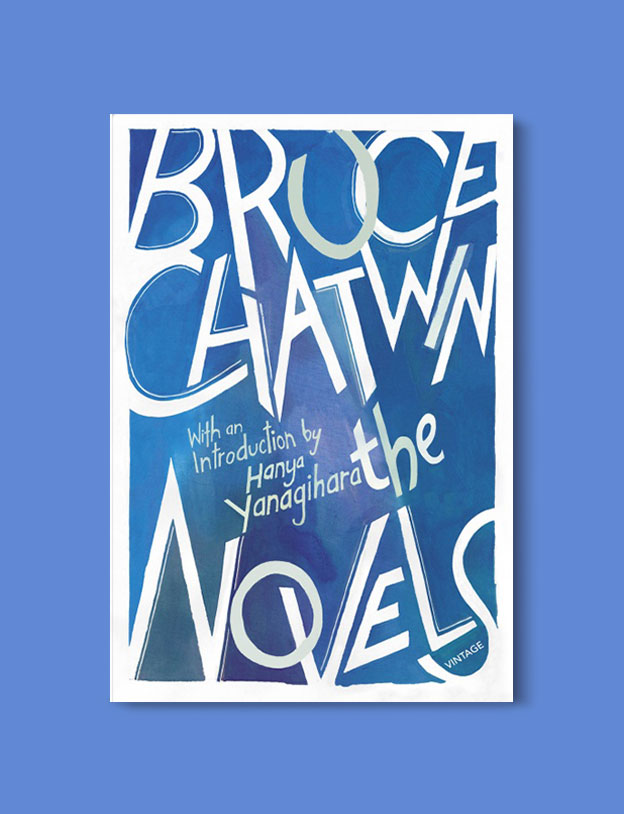
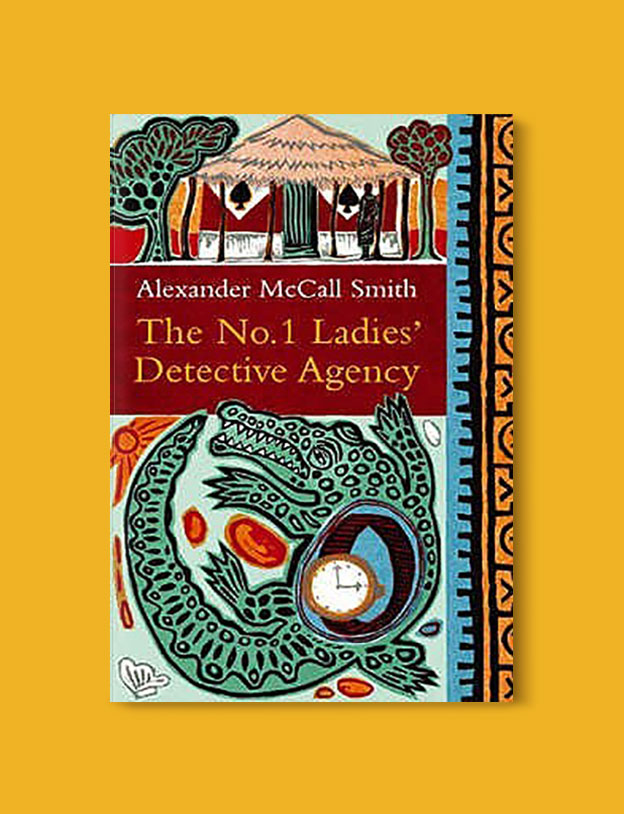
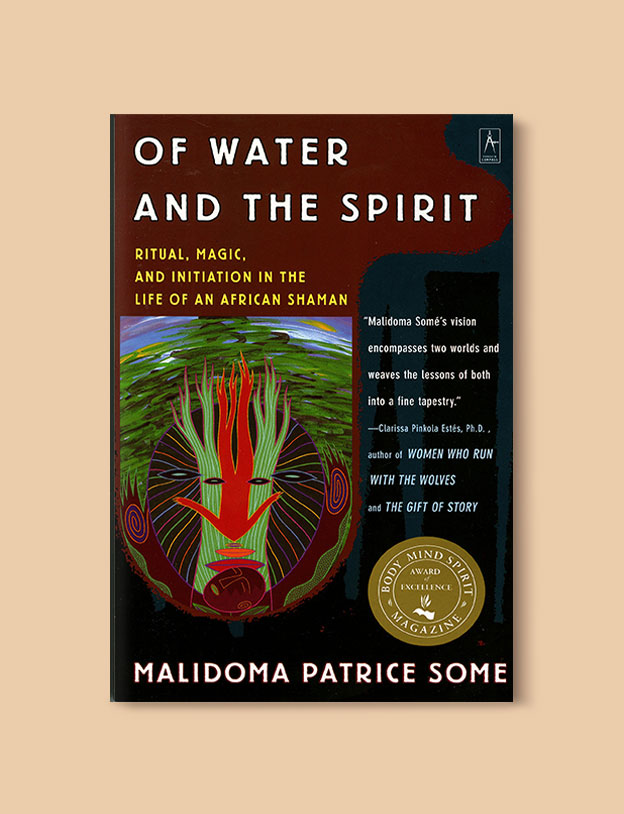
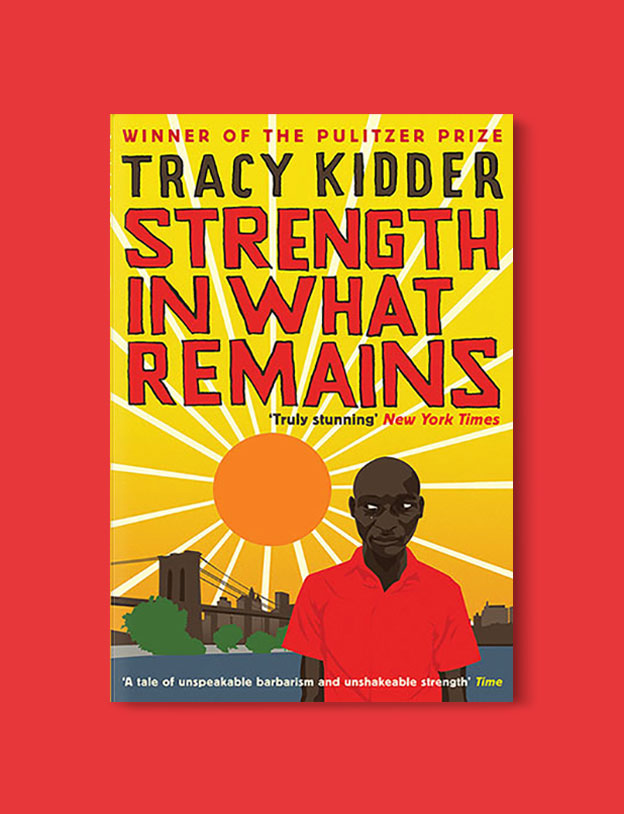
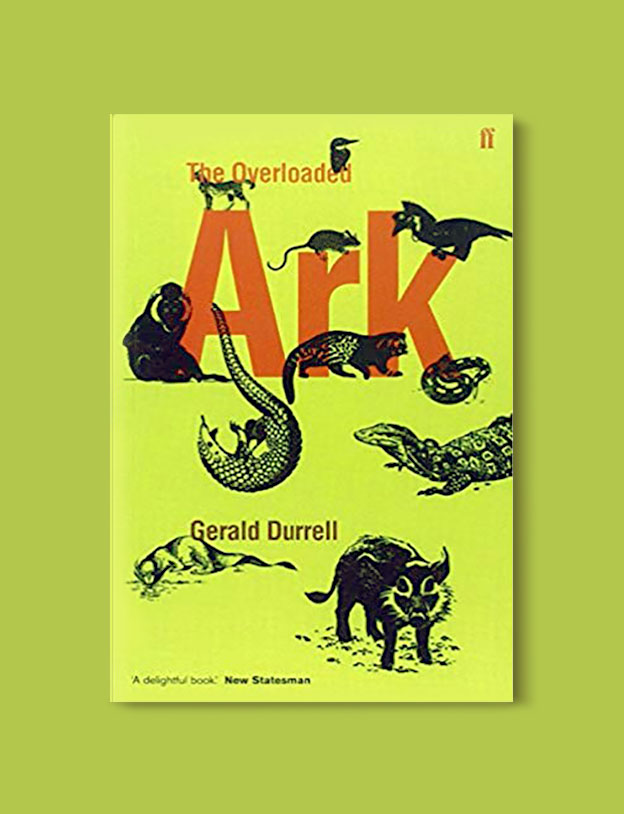
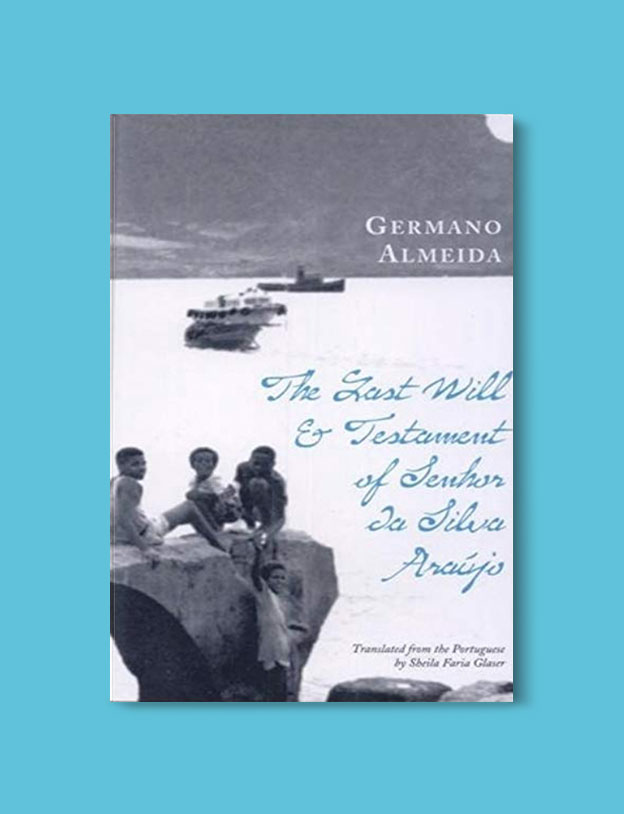
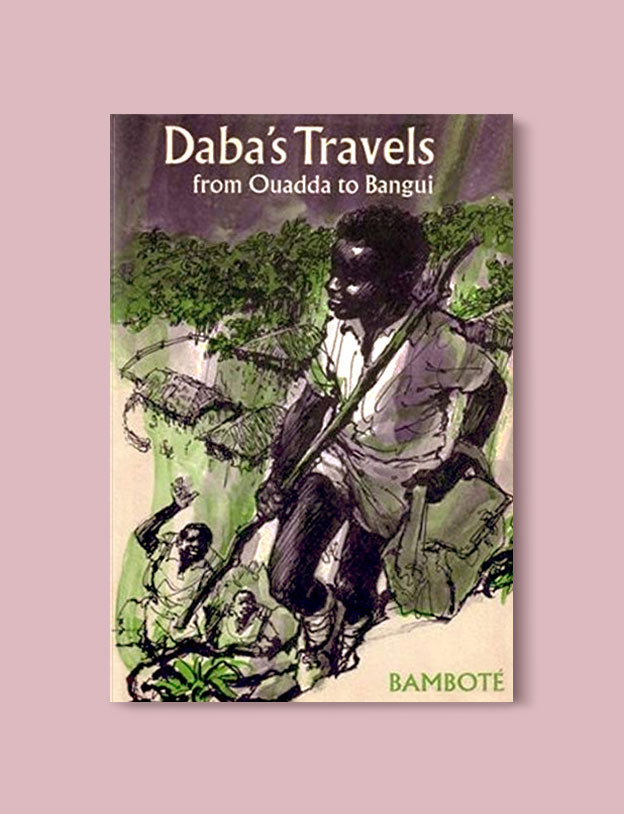
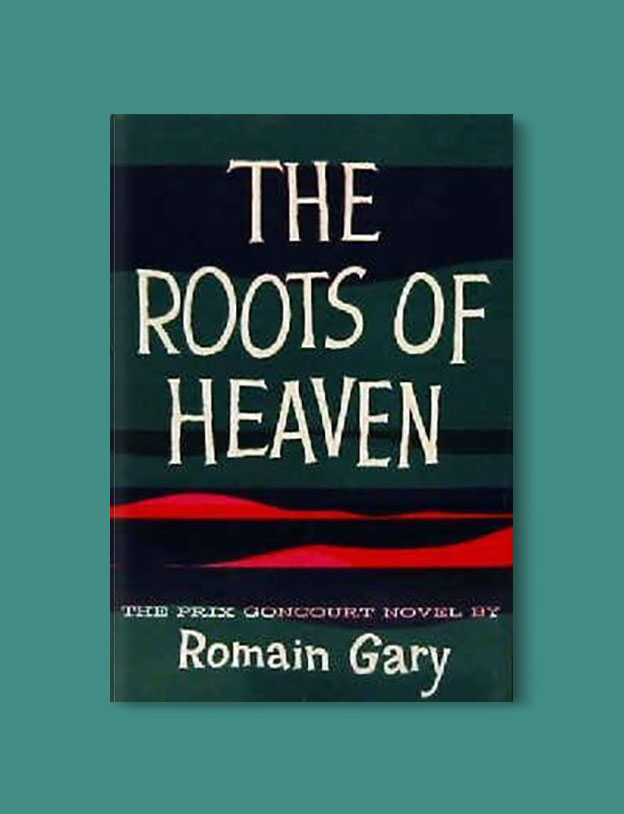
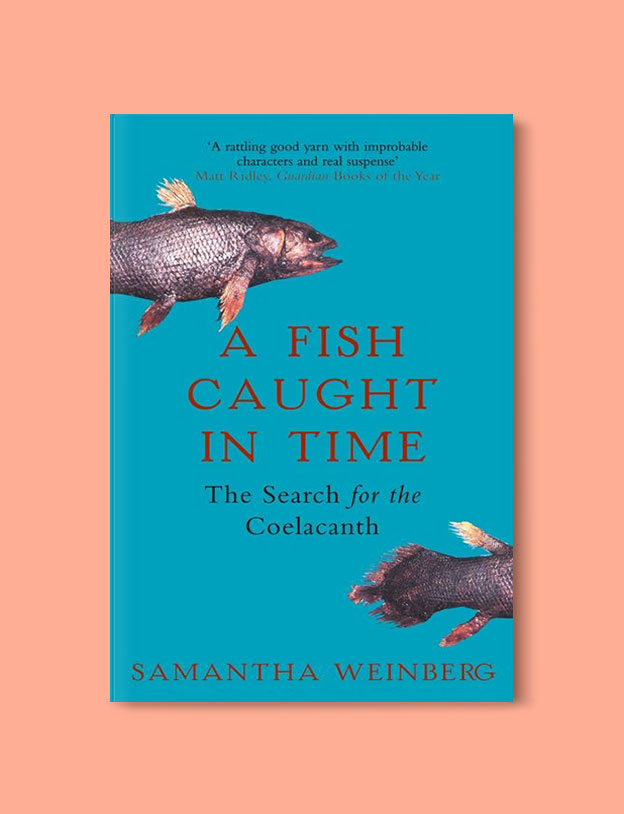
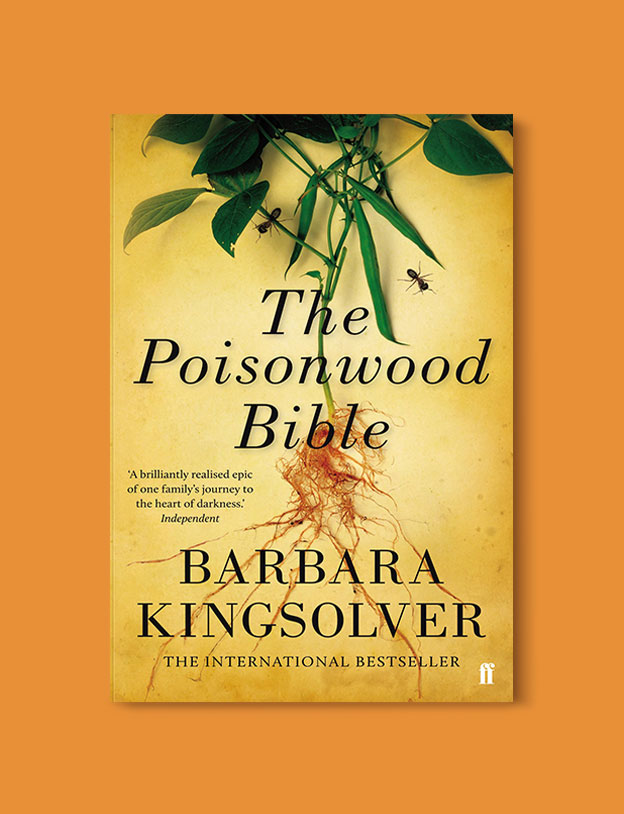
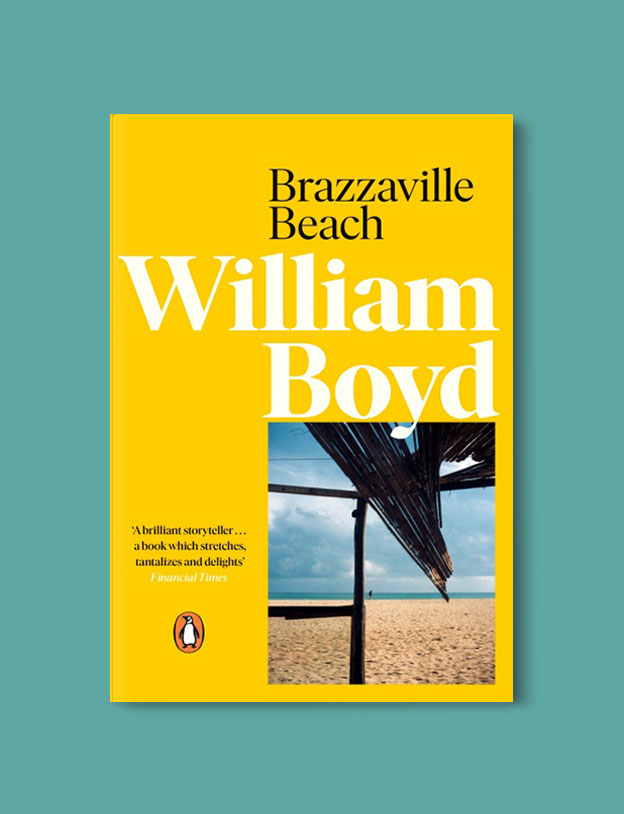
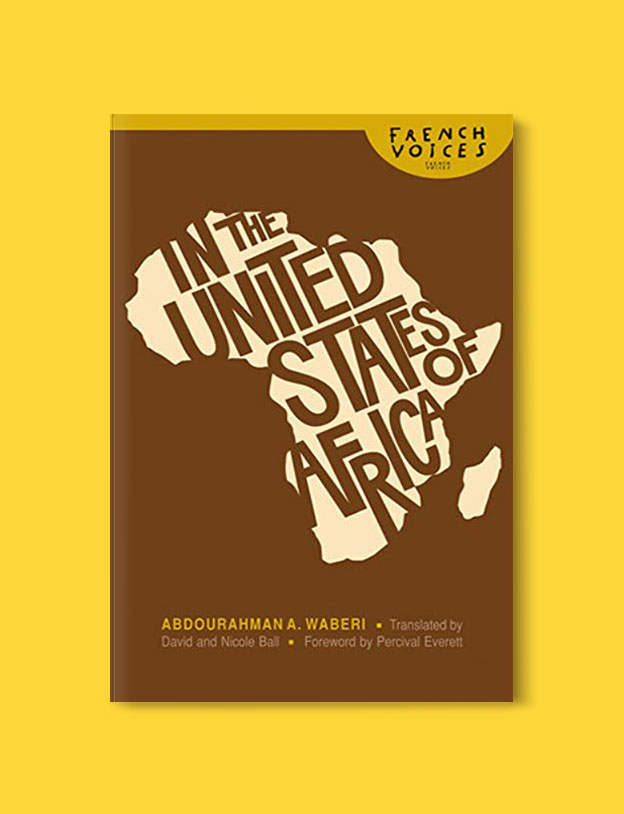
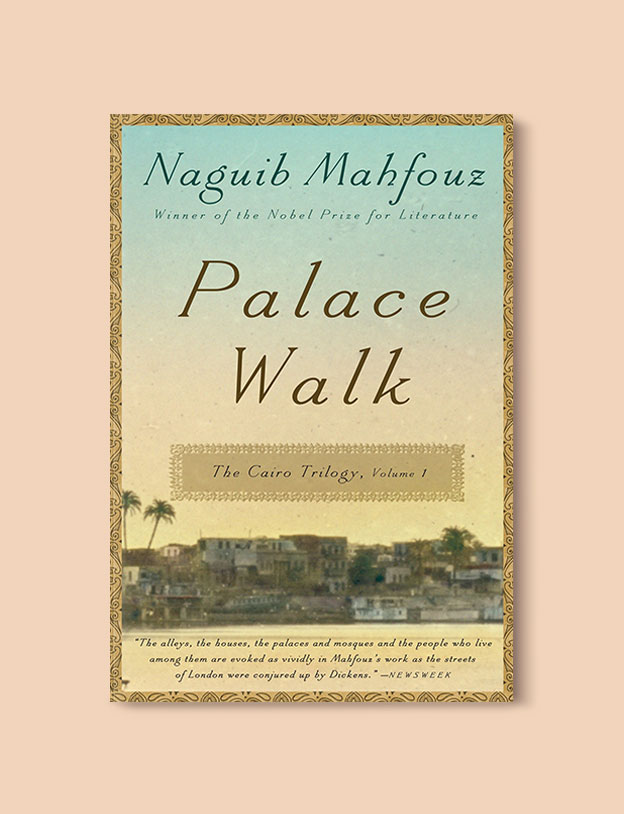
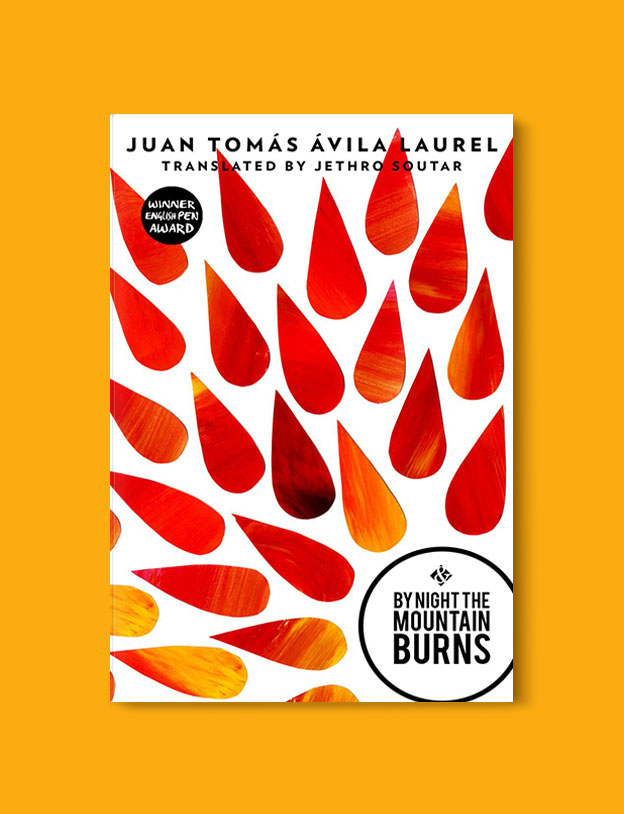
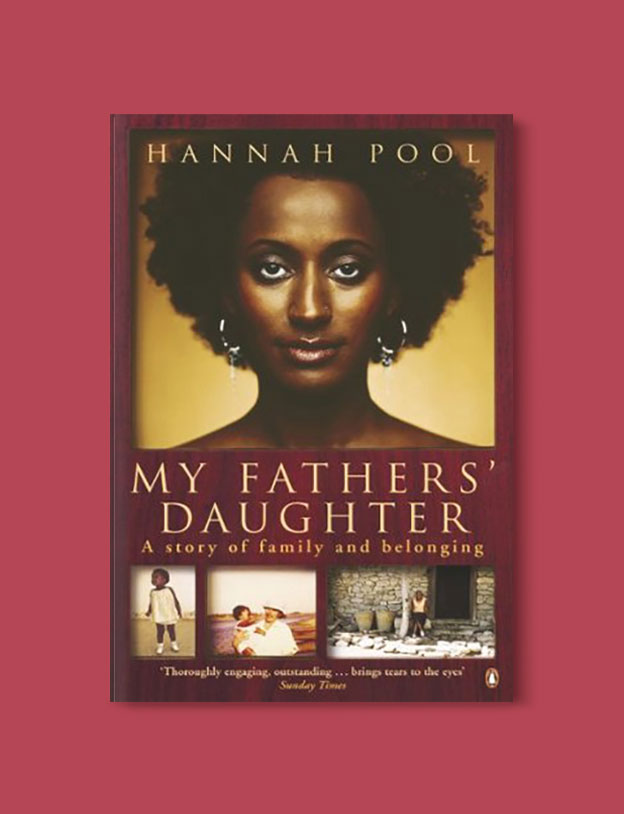
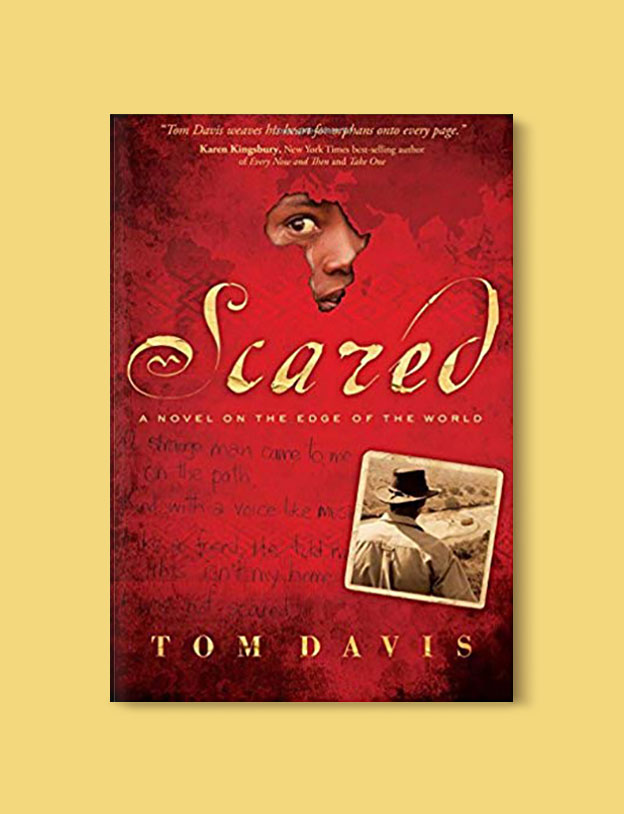

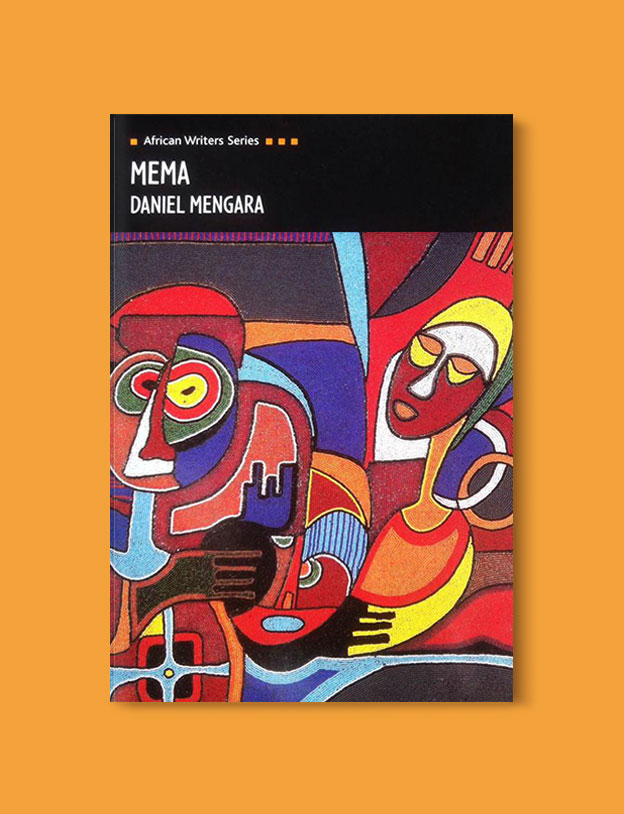
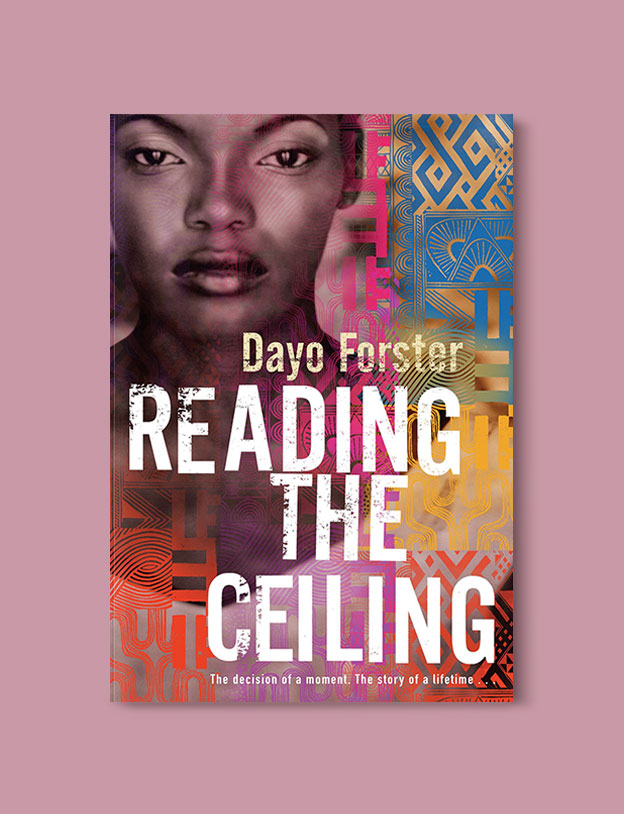
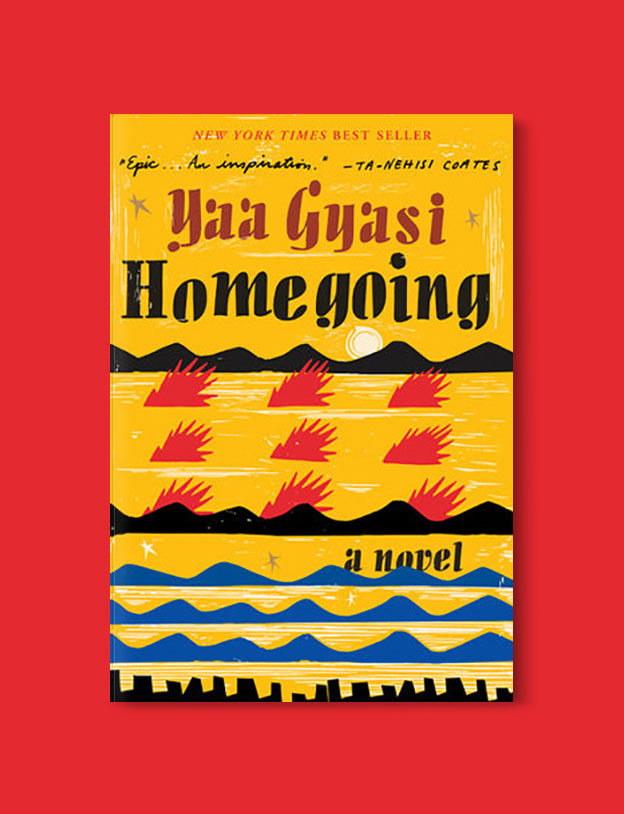
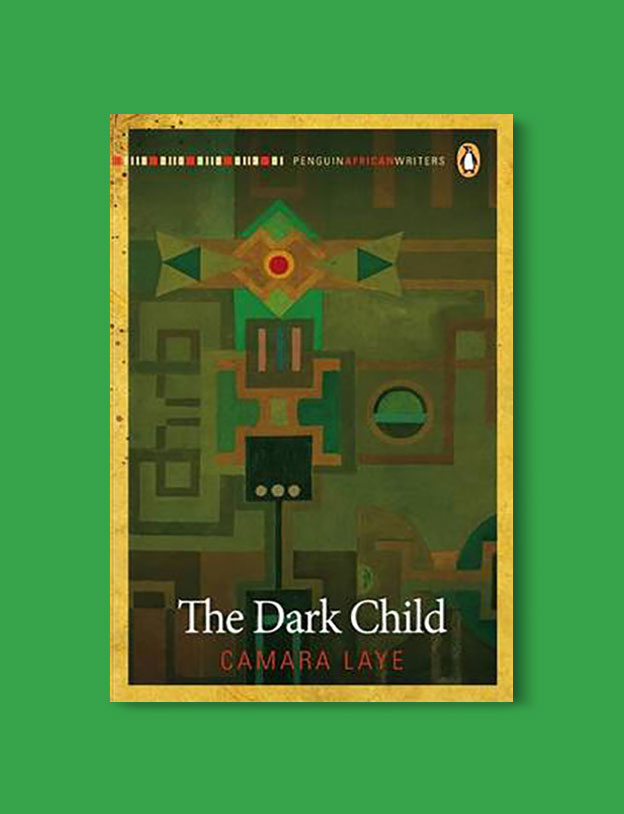
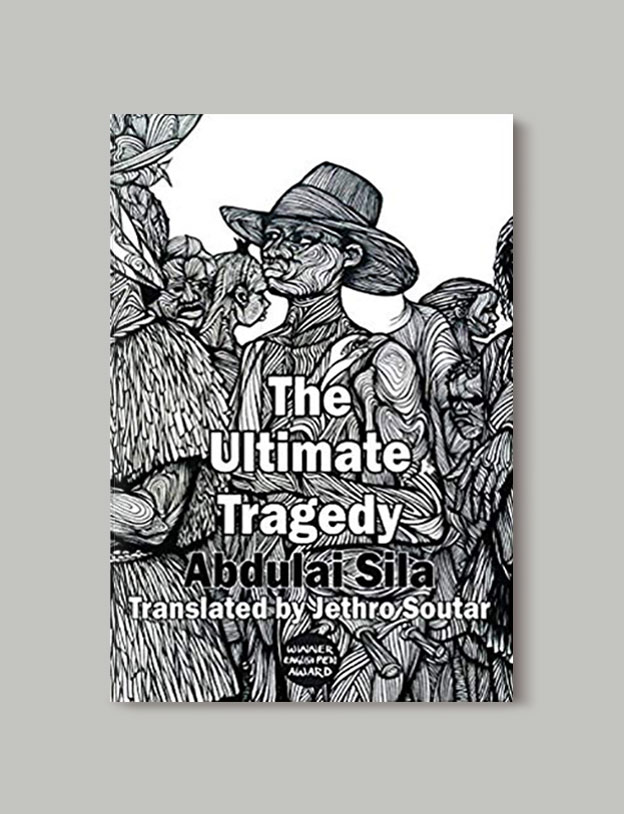
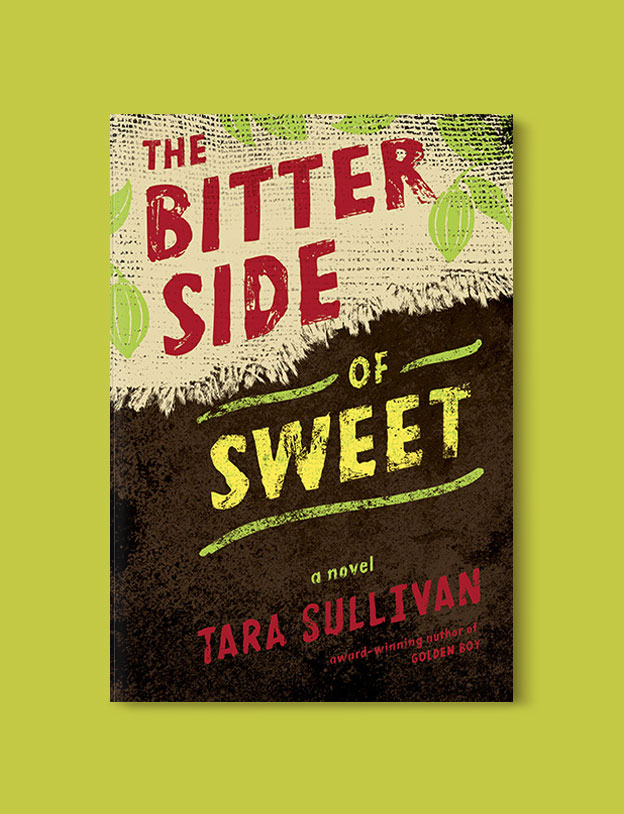
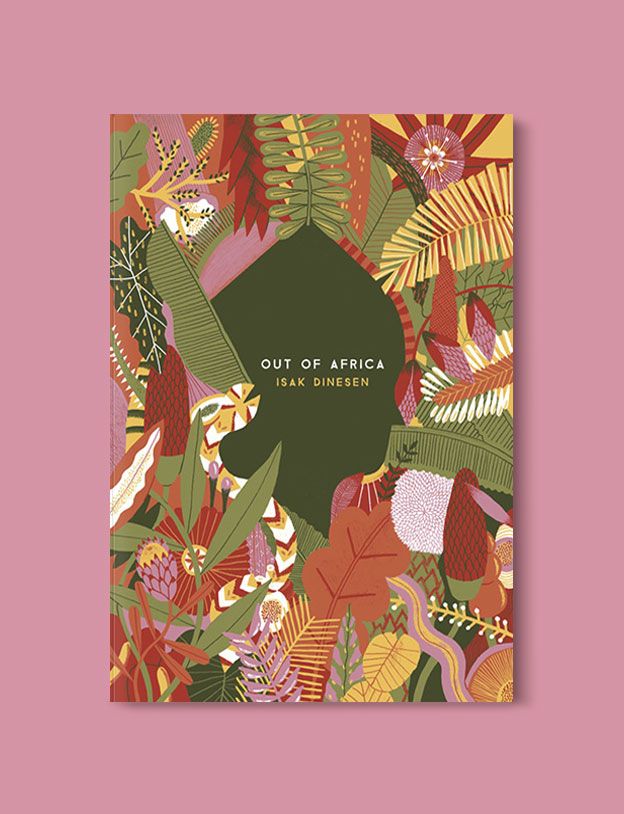
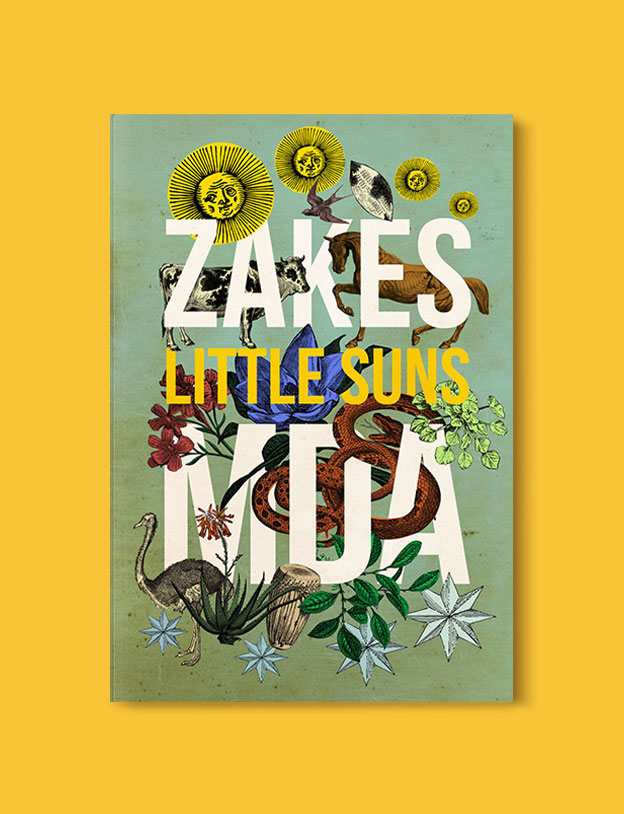

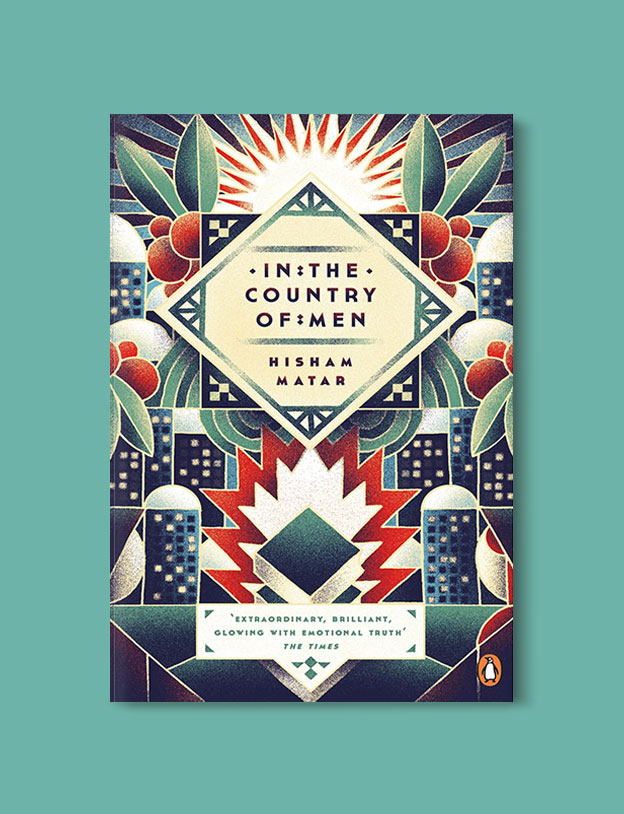
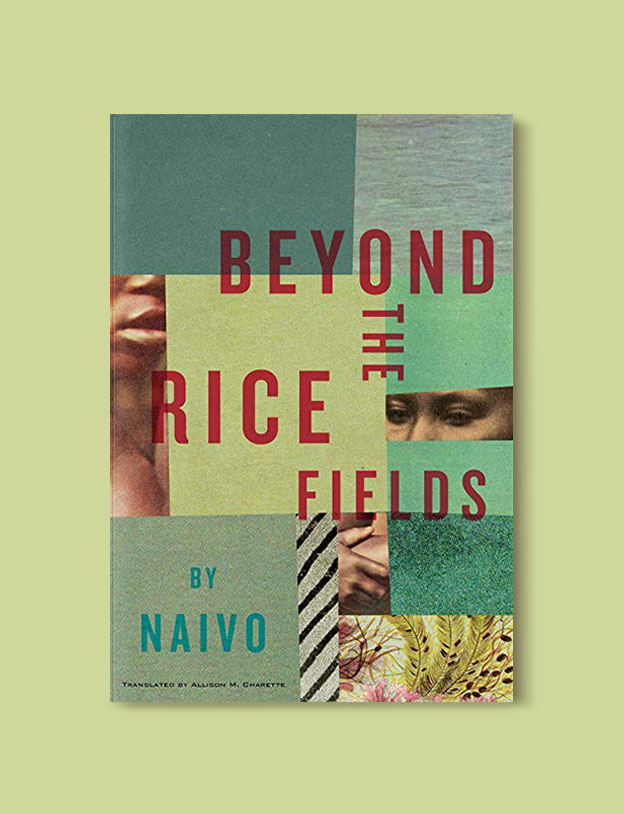
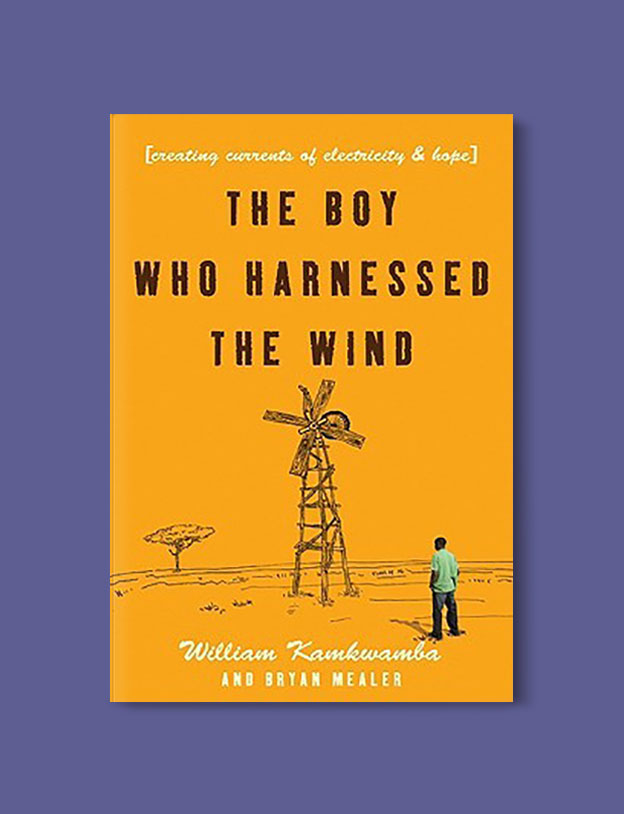
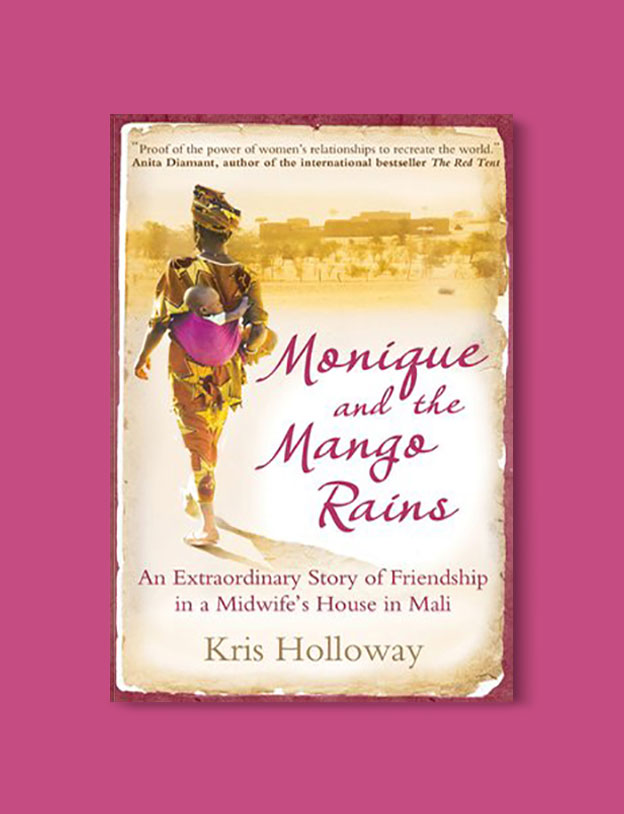
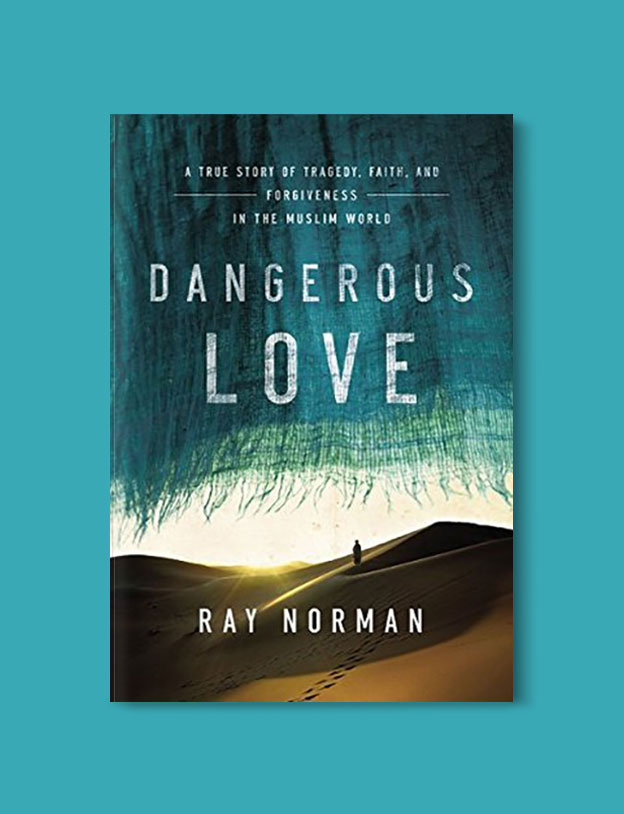
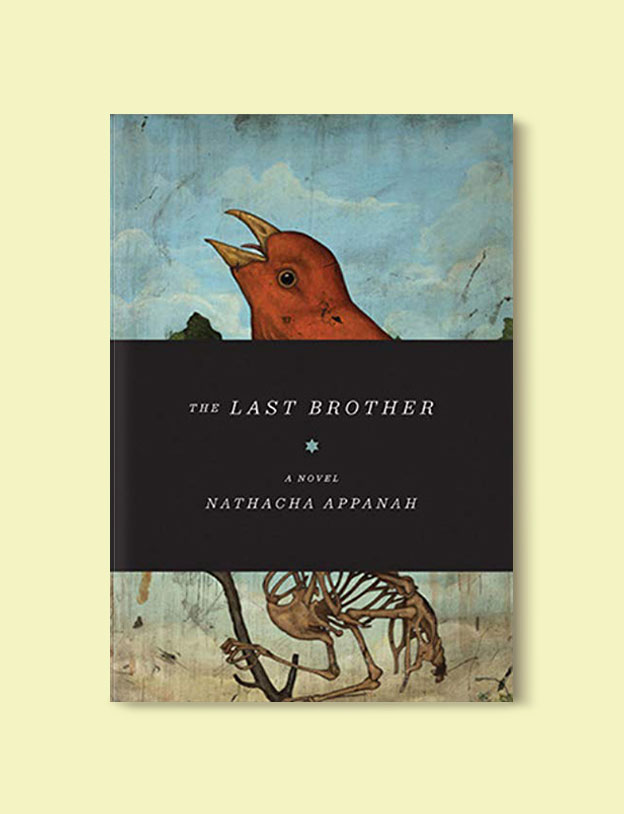
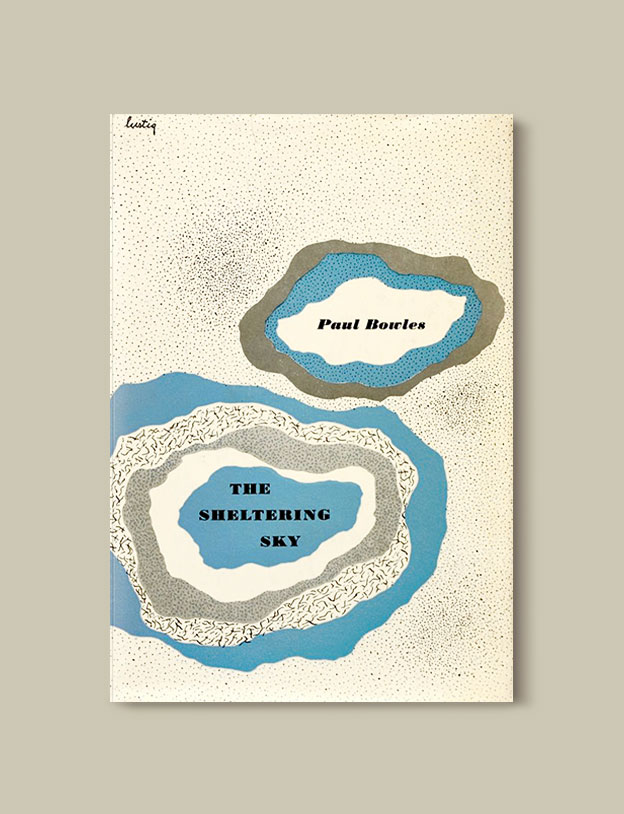

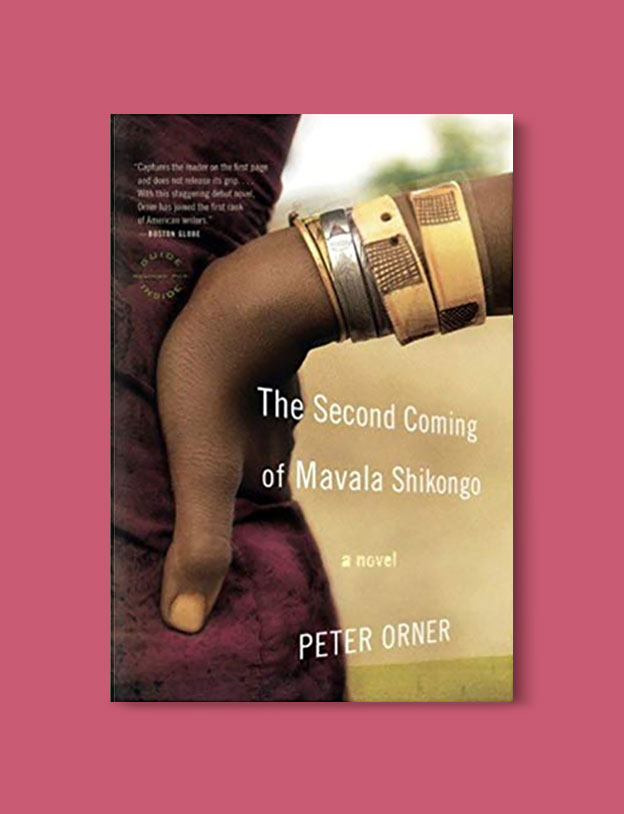
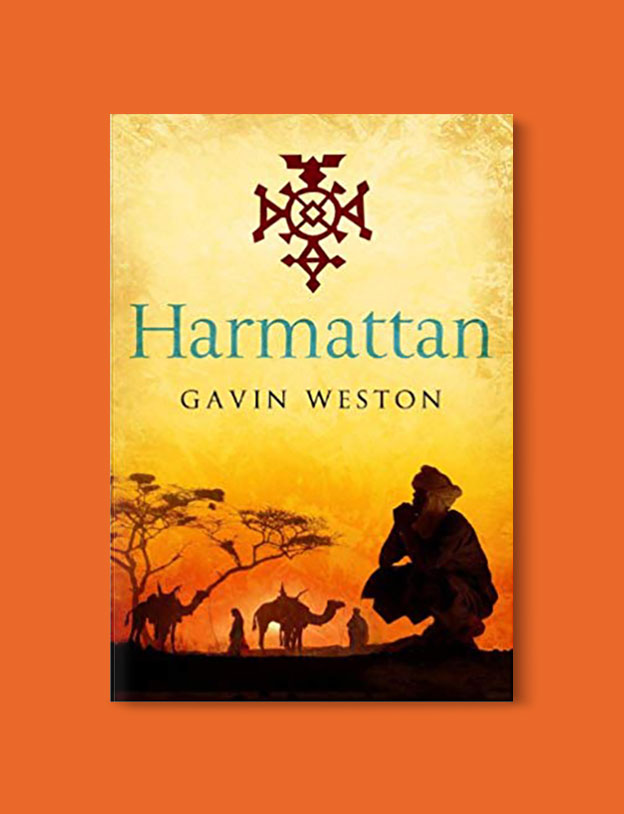

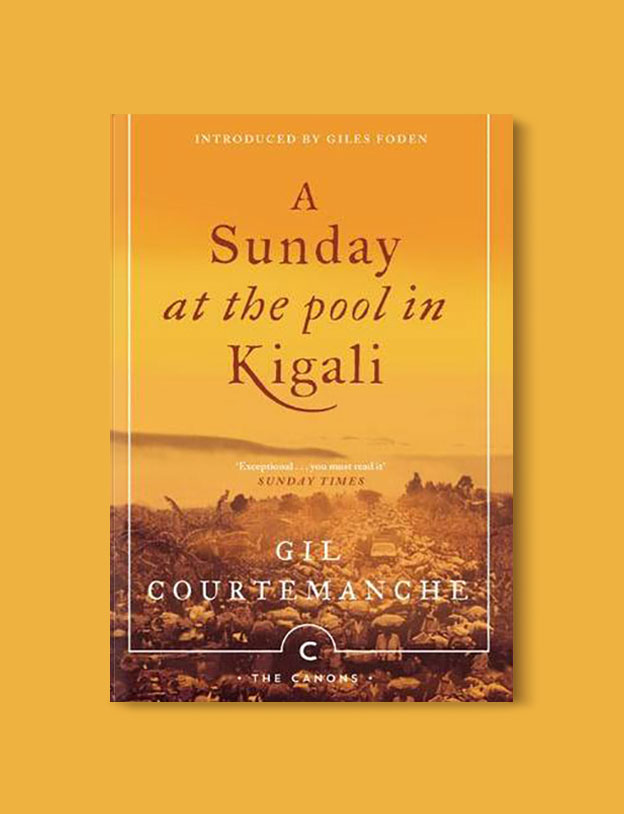
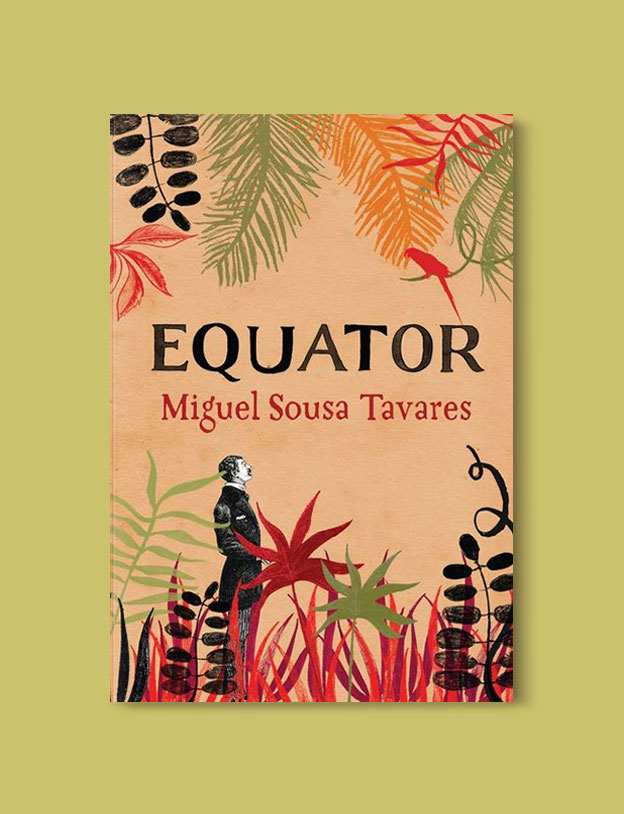
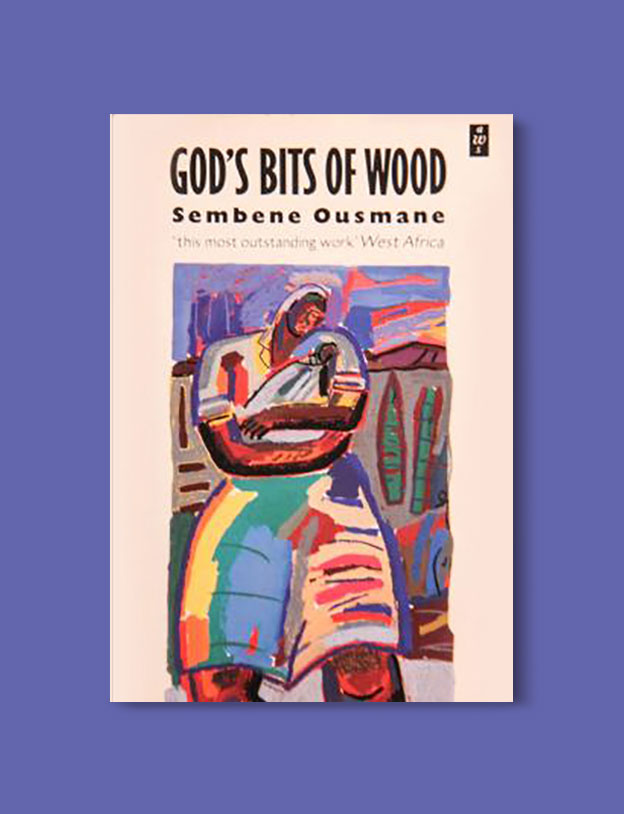
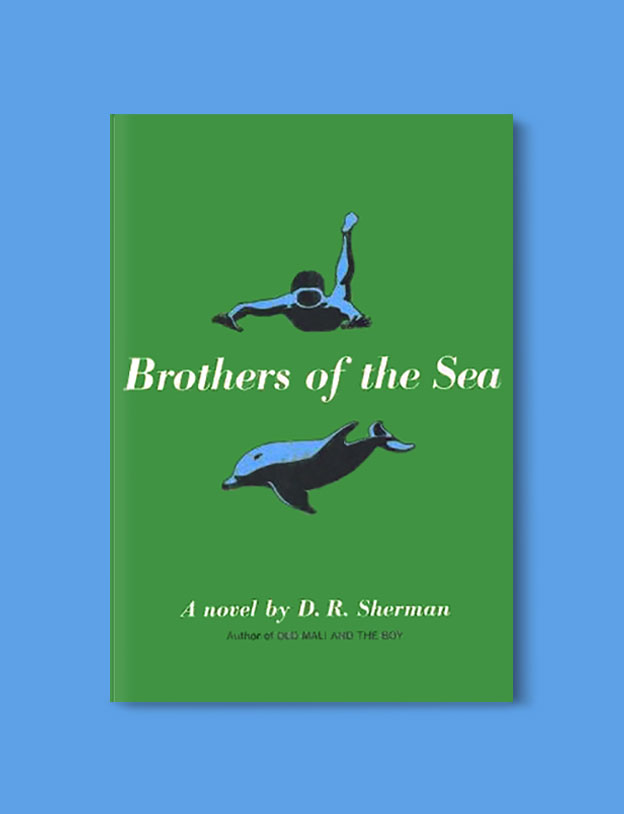
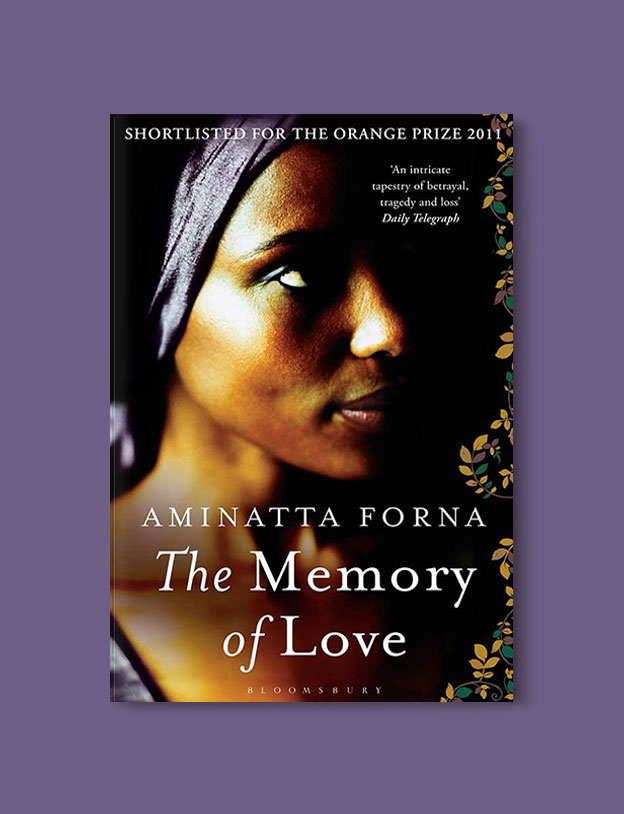
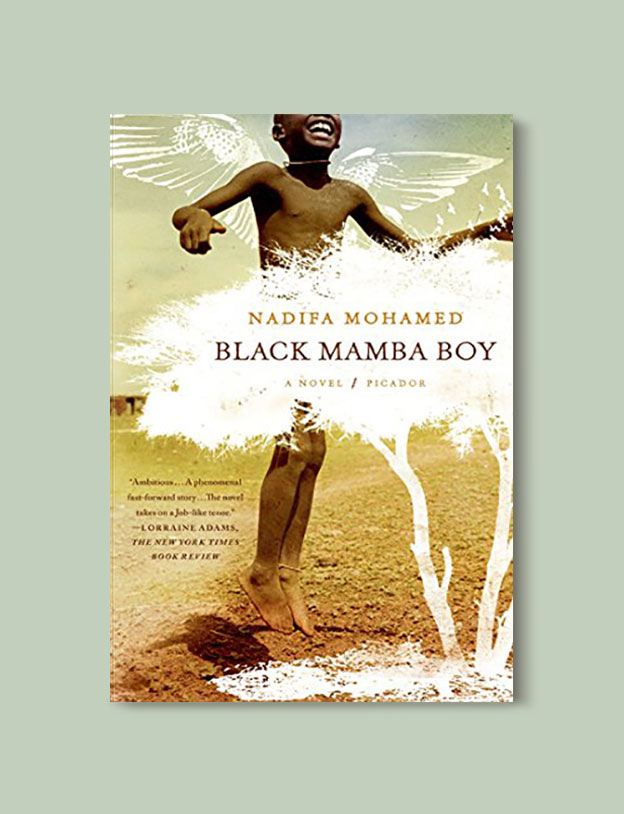

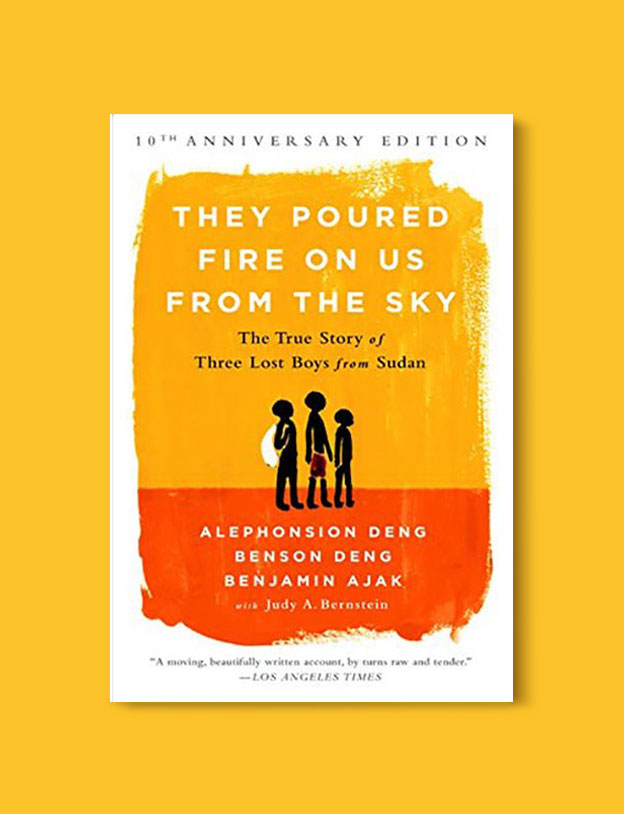


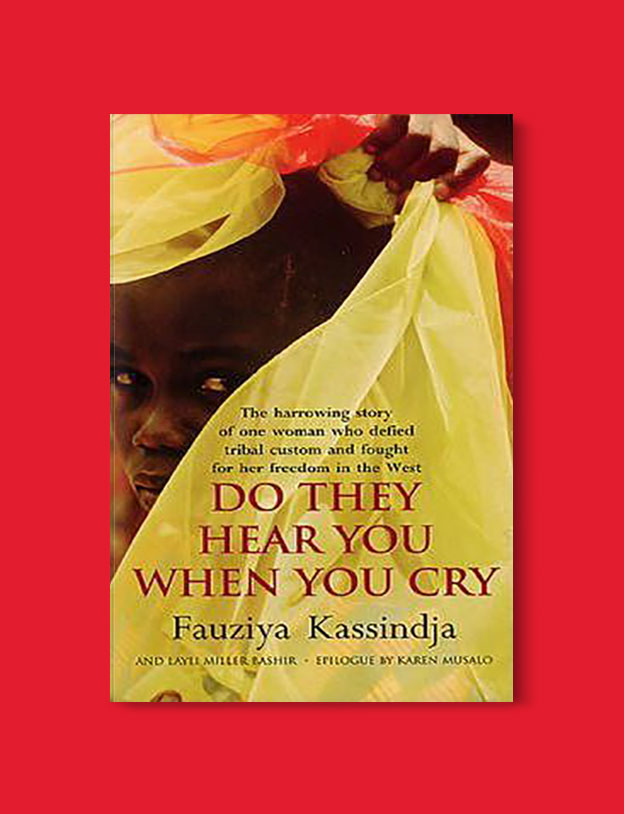
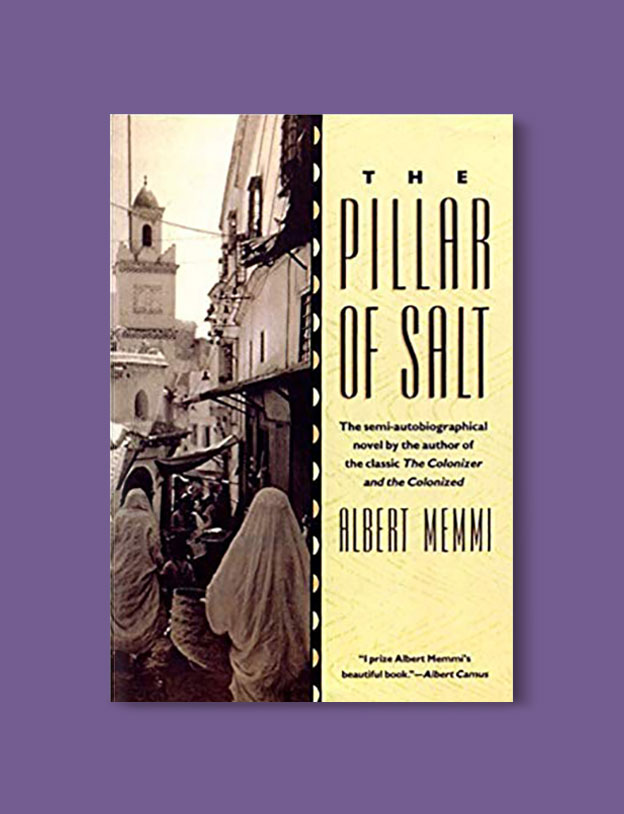
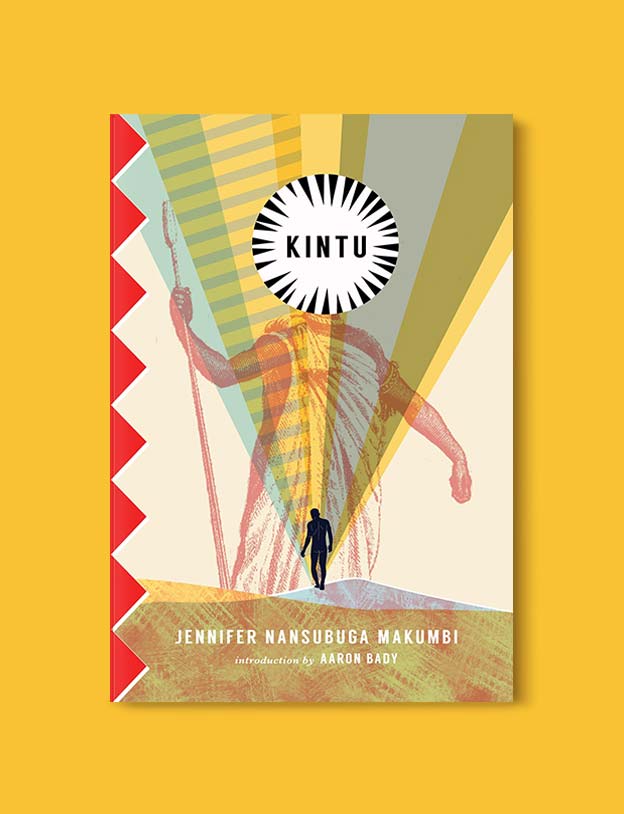
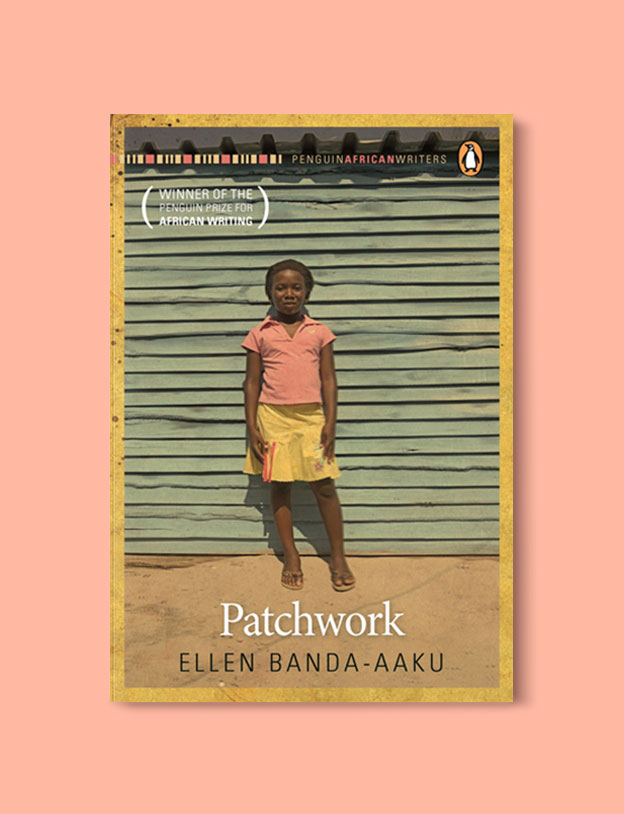
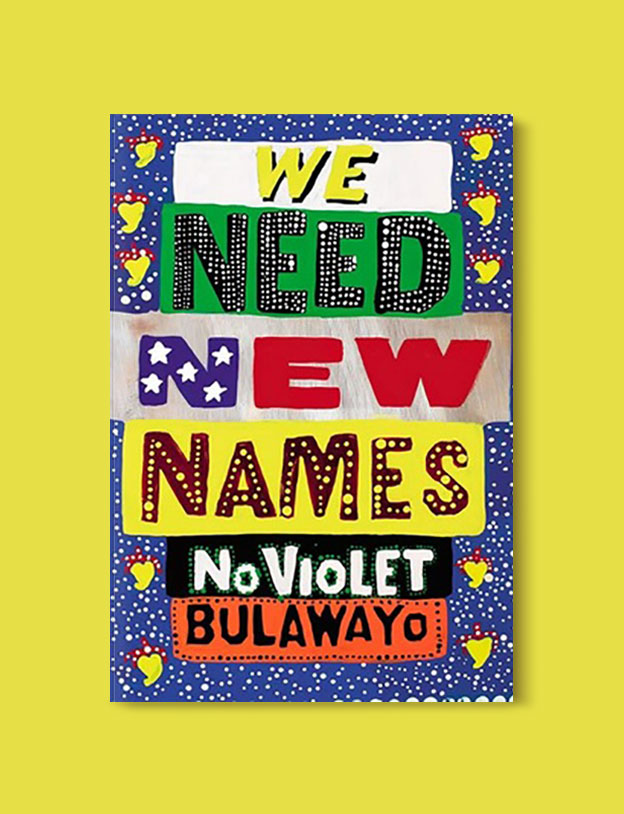



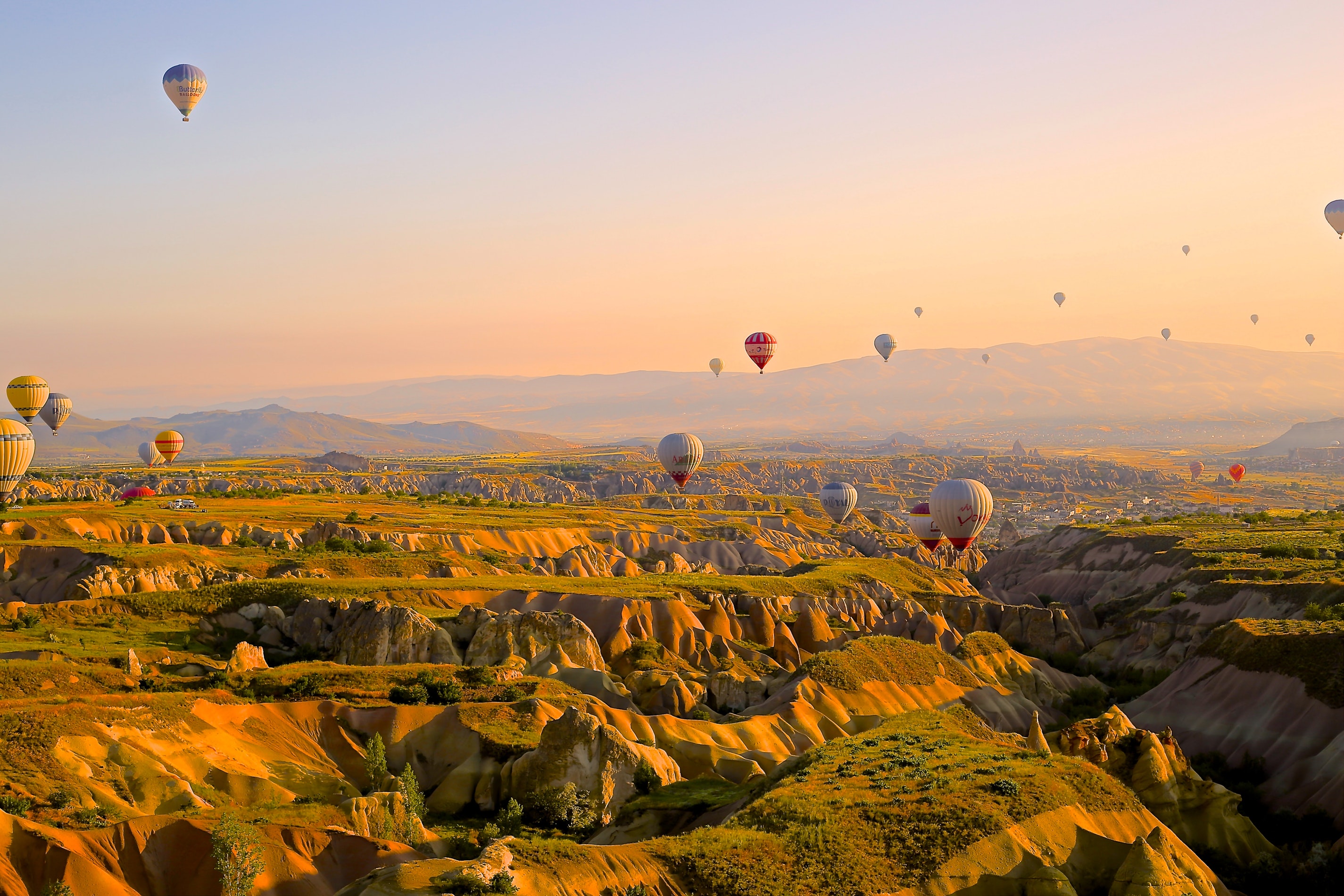







6 comments
Love this list! We are heading to Africa in September and will add The Magic of Saida to my list.
I recommend Nelson Mandela’s autobiography – Long Walk to Freedom, and Unbowed by Wangari Maathai.
Hi Amy! Thanks so much for your kind comment, really glad you found the list useful. Where will you be traveling on your upcoming trip? Thanks also for your recommendations, I must confess I’ve read half of Long Walk to Freedom – but have never quite gotten around to finishing it. You’ve inspired me to pick it back up again! 🙂
Thanks for this! I read Homegoing because of this list and loved it. I’m thinking about reading either Half of a Yellow Sun or Do They Hear You When You Cry now! I would also recommend a Long Walk to Freedom by Nelson Mandala and The Girl Who Smiled Beads. Thanks again for this well written and well put together article!
Hi Magdalena, I’m so glad to hear you enjoyed Homegoing! I hope you’ll read Half of a Yellow Sun next, it’s one my all-time favorite books and I think you’ll love it! Thanks so much for your recommendations, I hadn’t heard of The Girl Who Smiled Beads before, so am keen to read it soon. 🙂
Enjoy your site! Lots of good books there. Consider some new ones – The Last Rhino, The Serpent of the Nile, or the newest, Finding Kony.
Thanks for sharing your recommendations Robert!